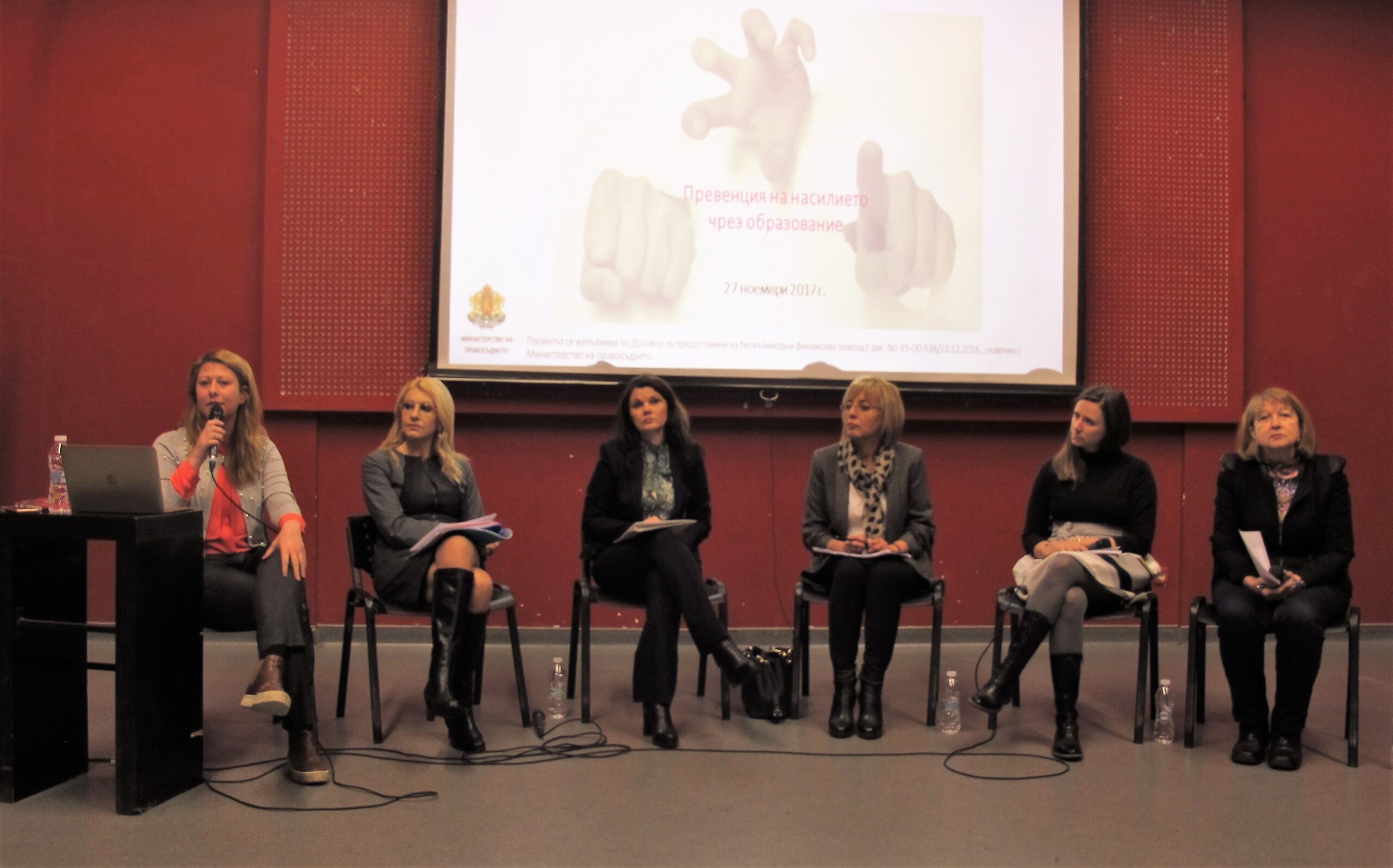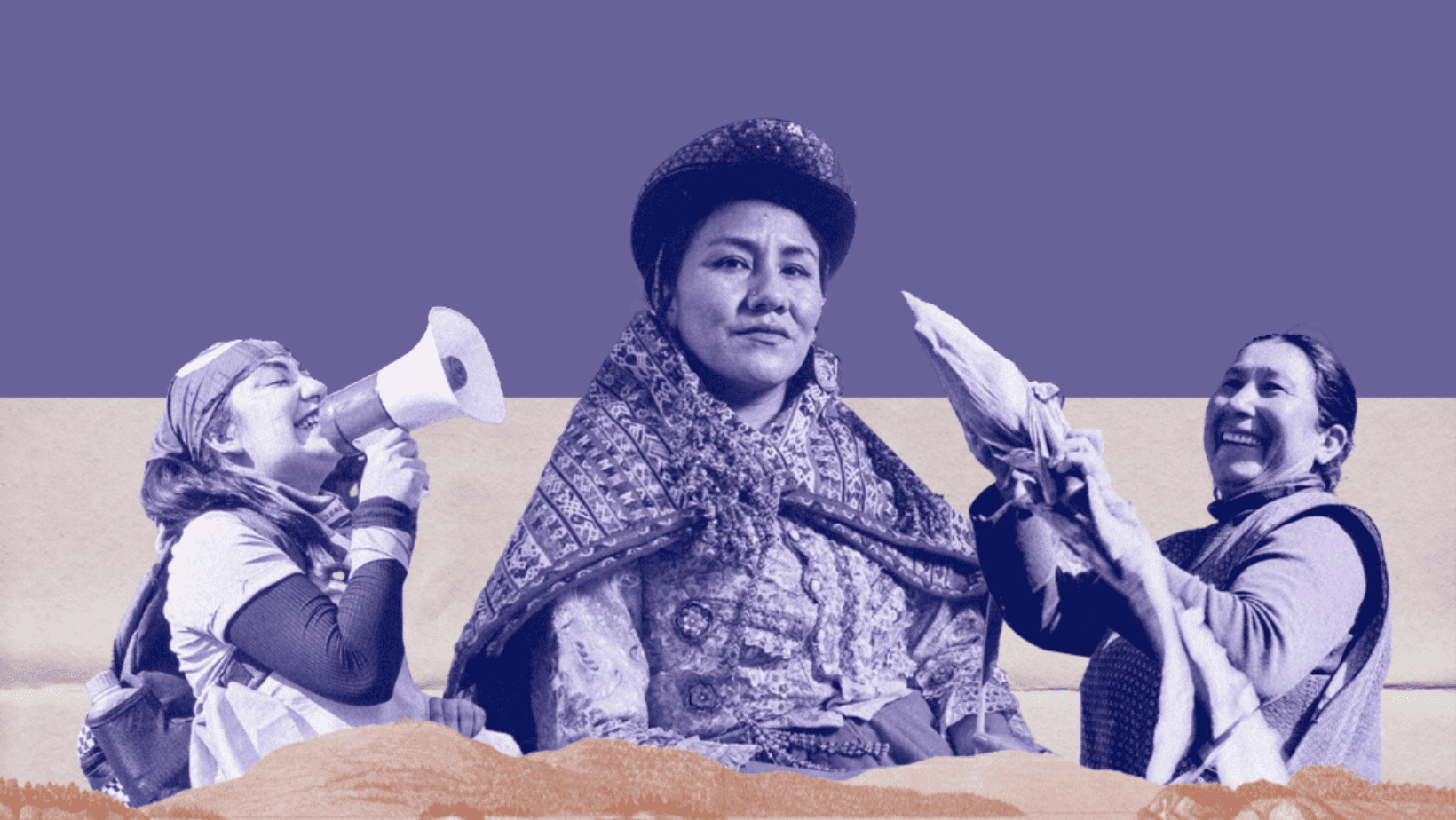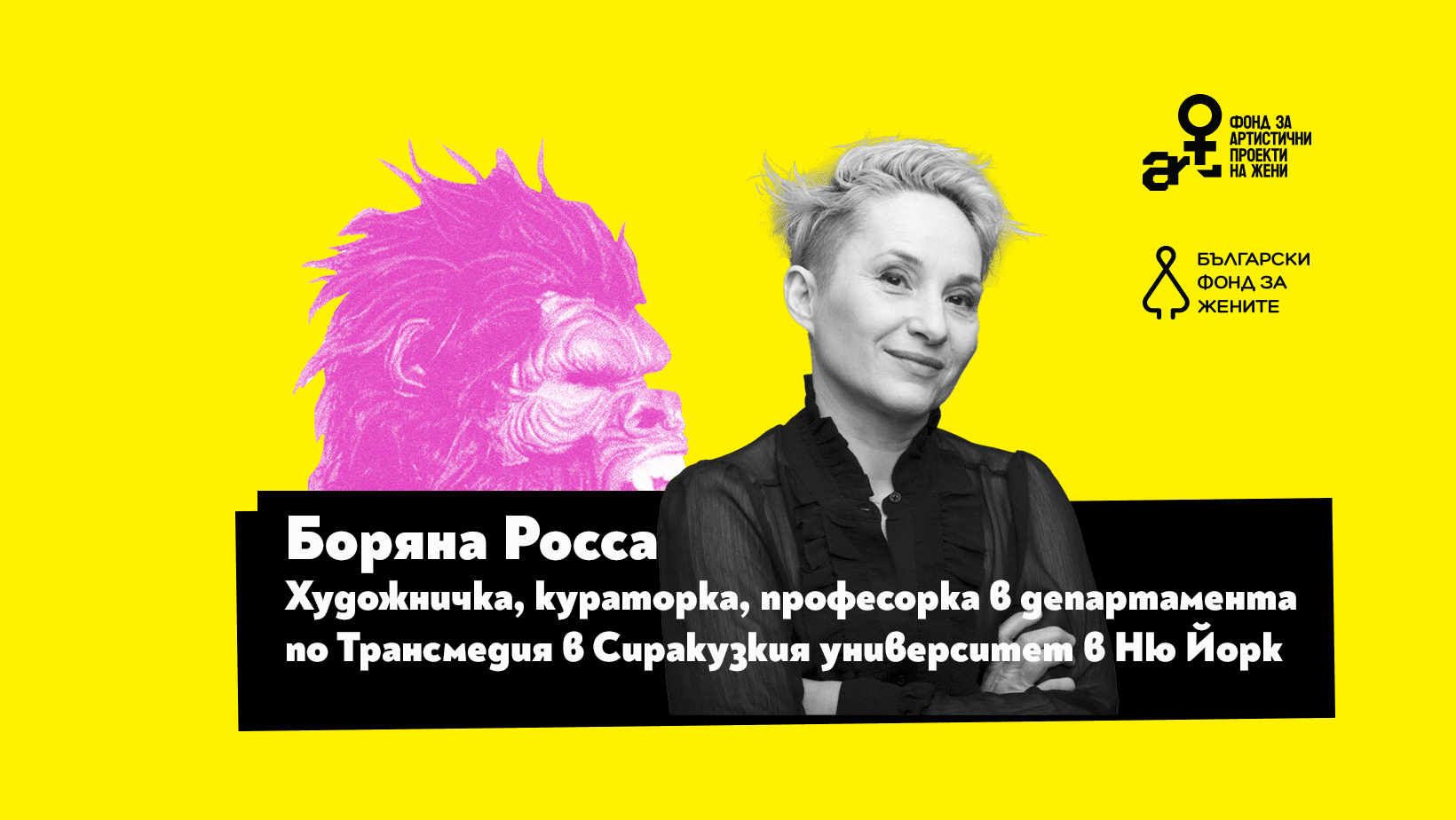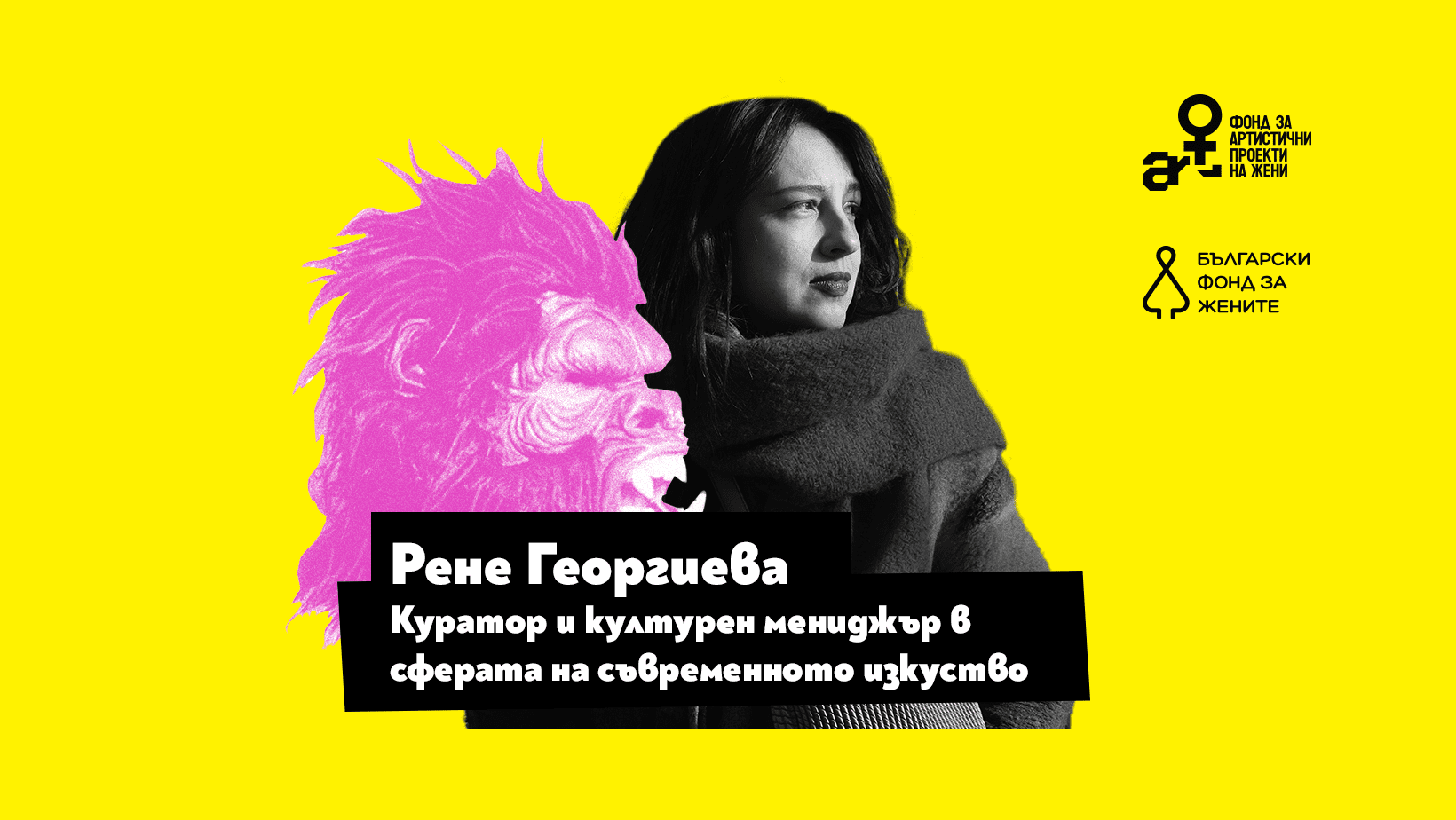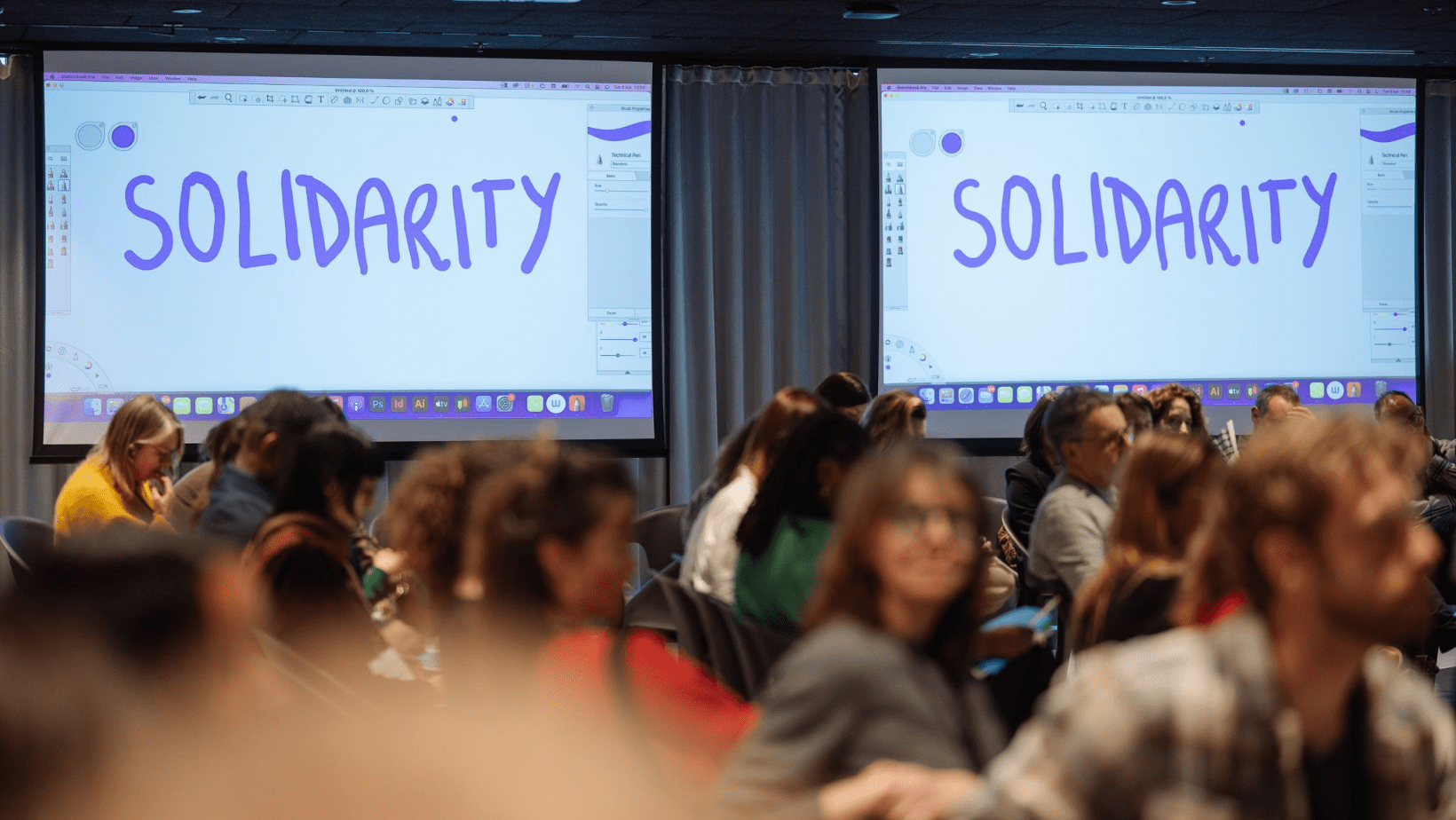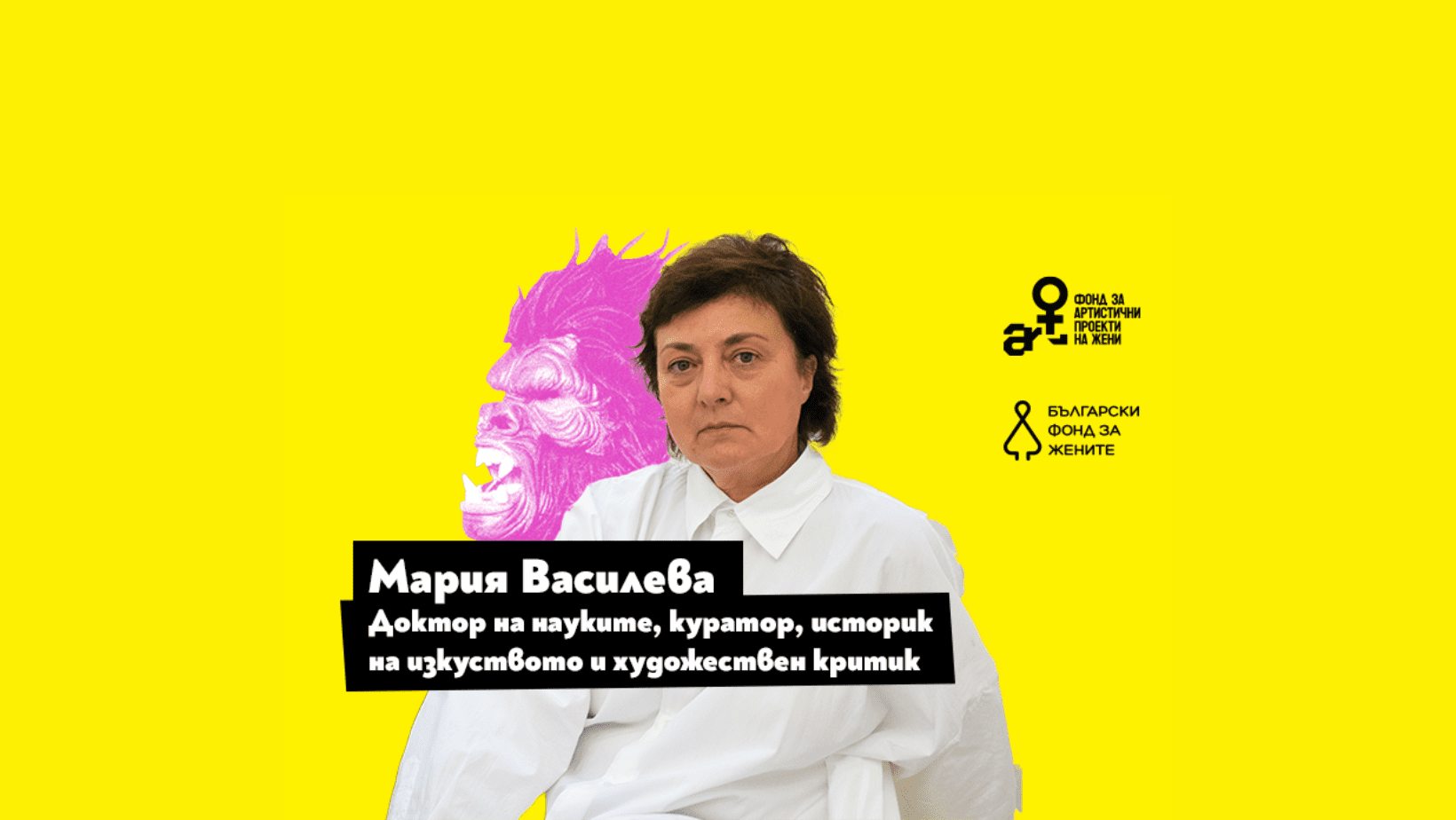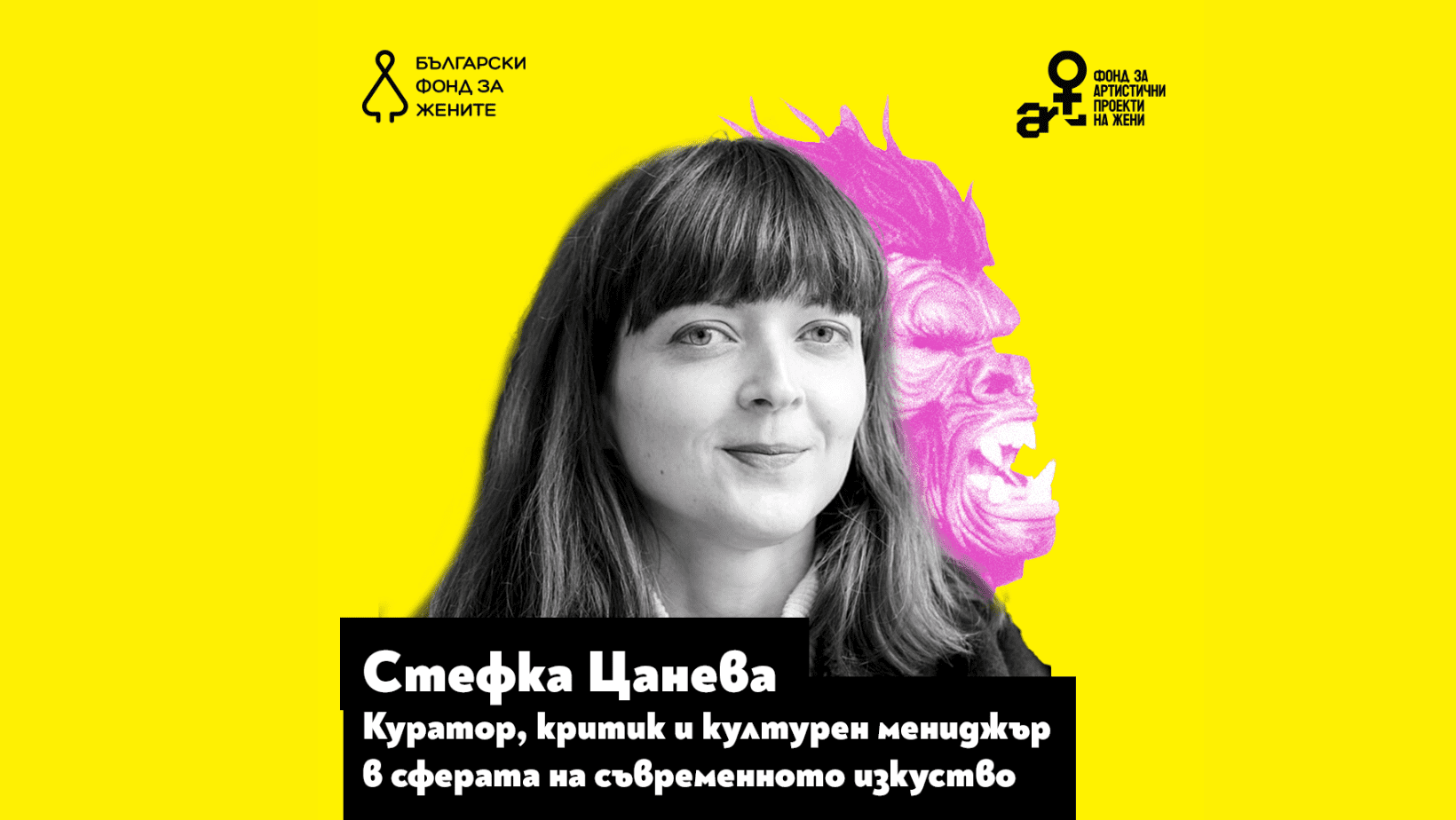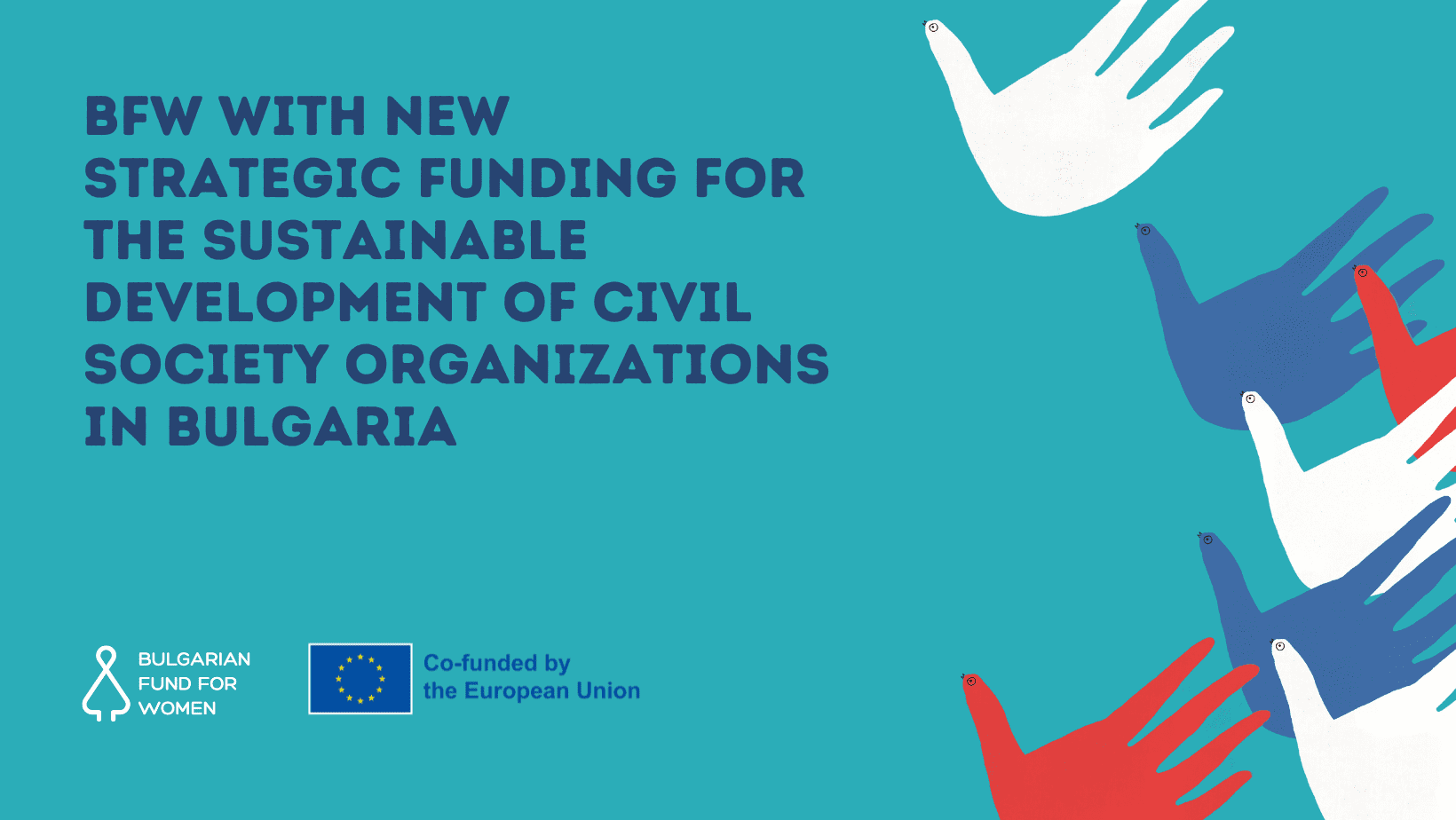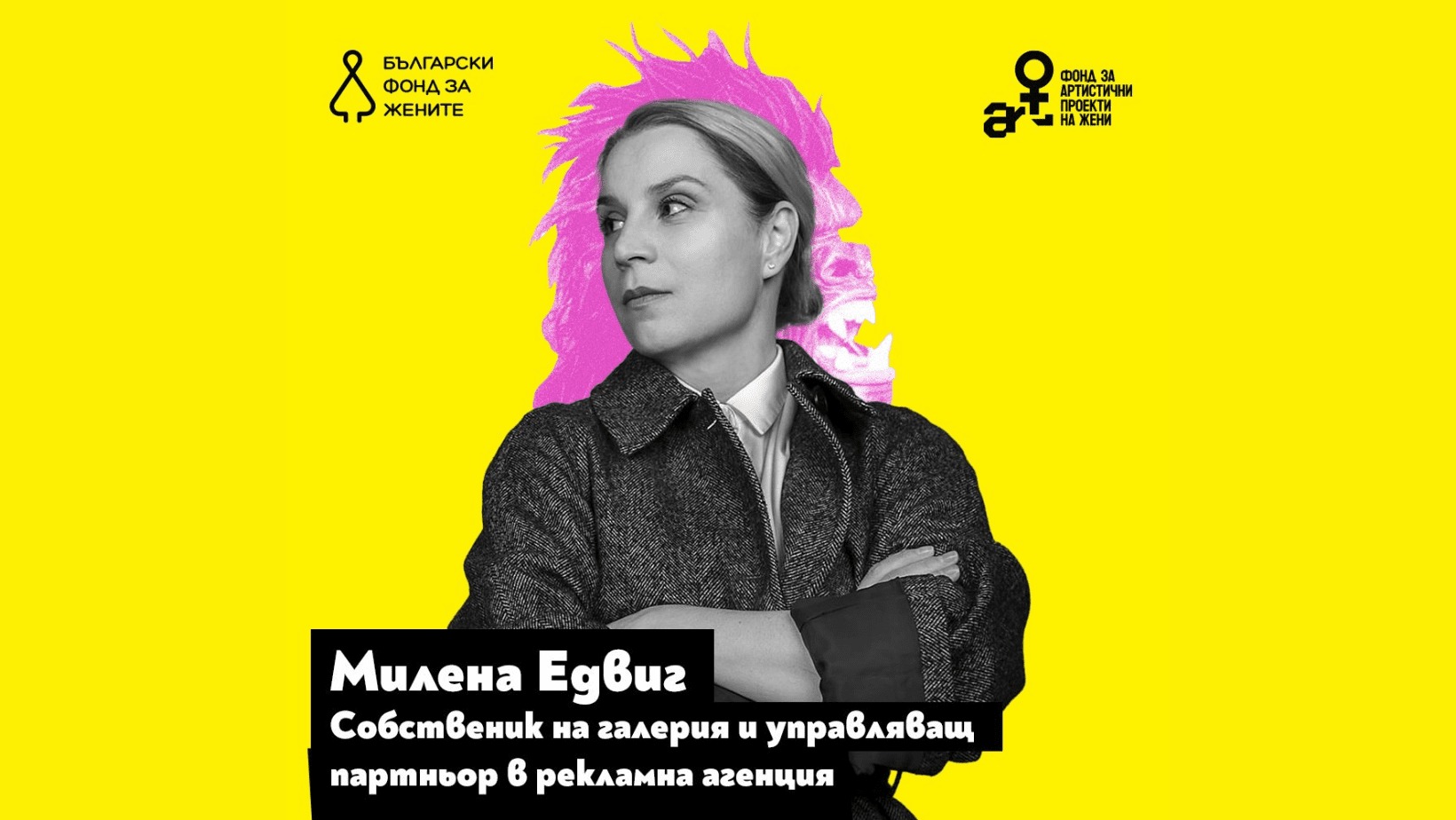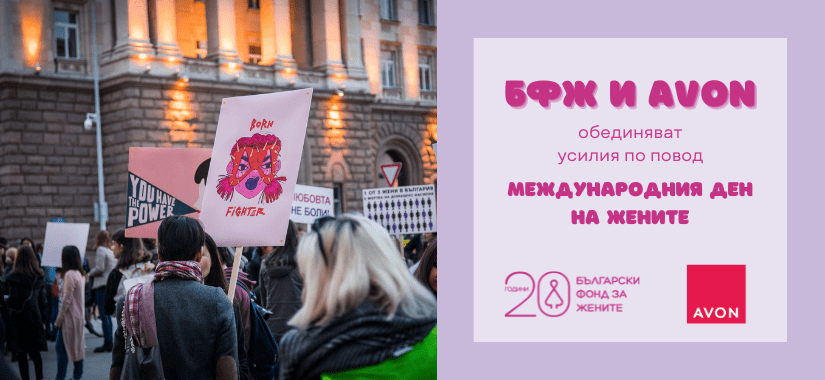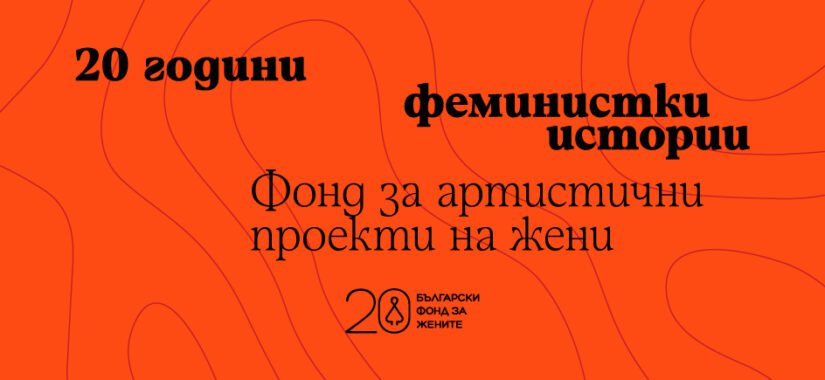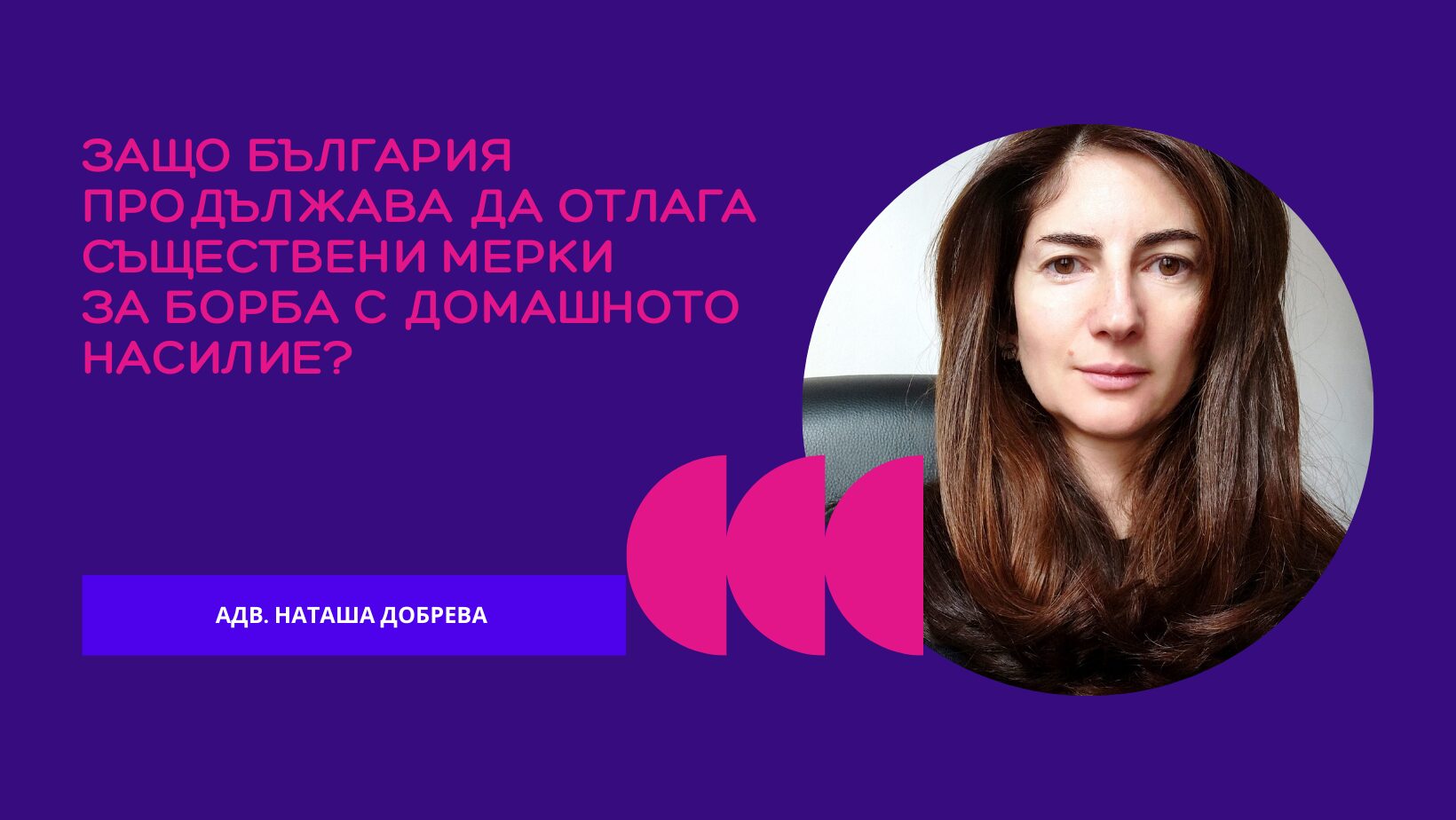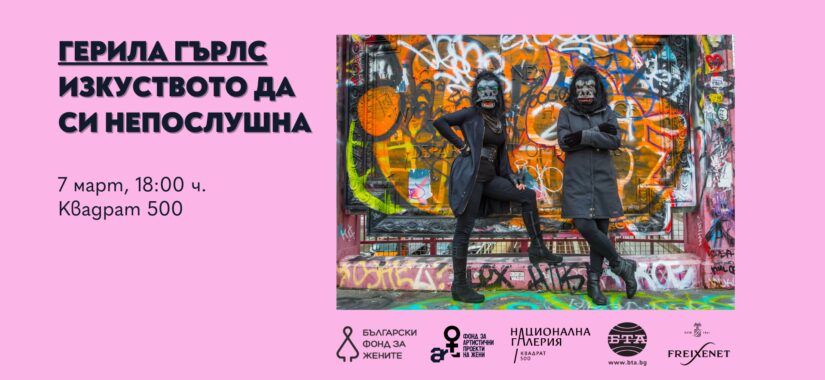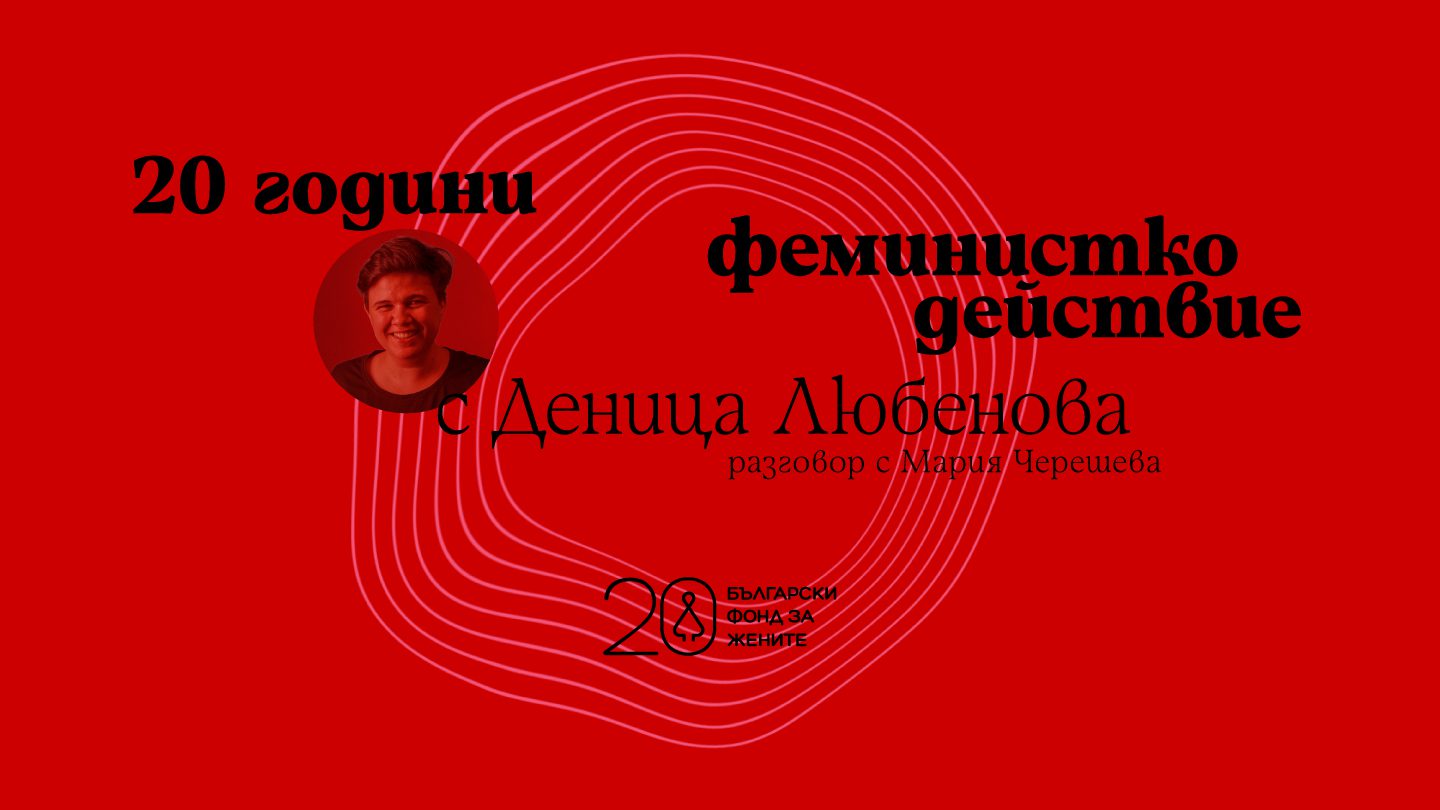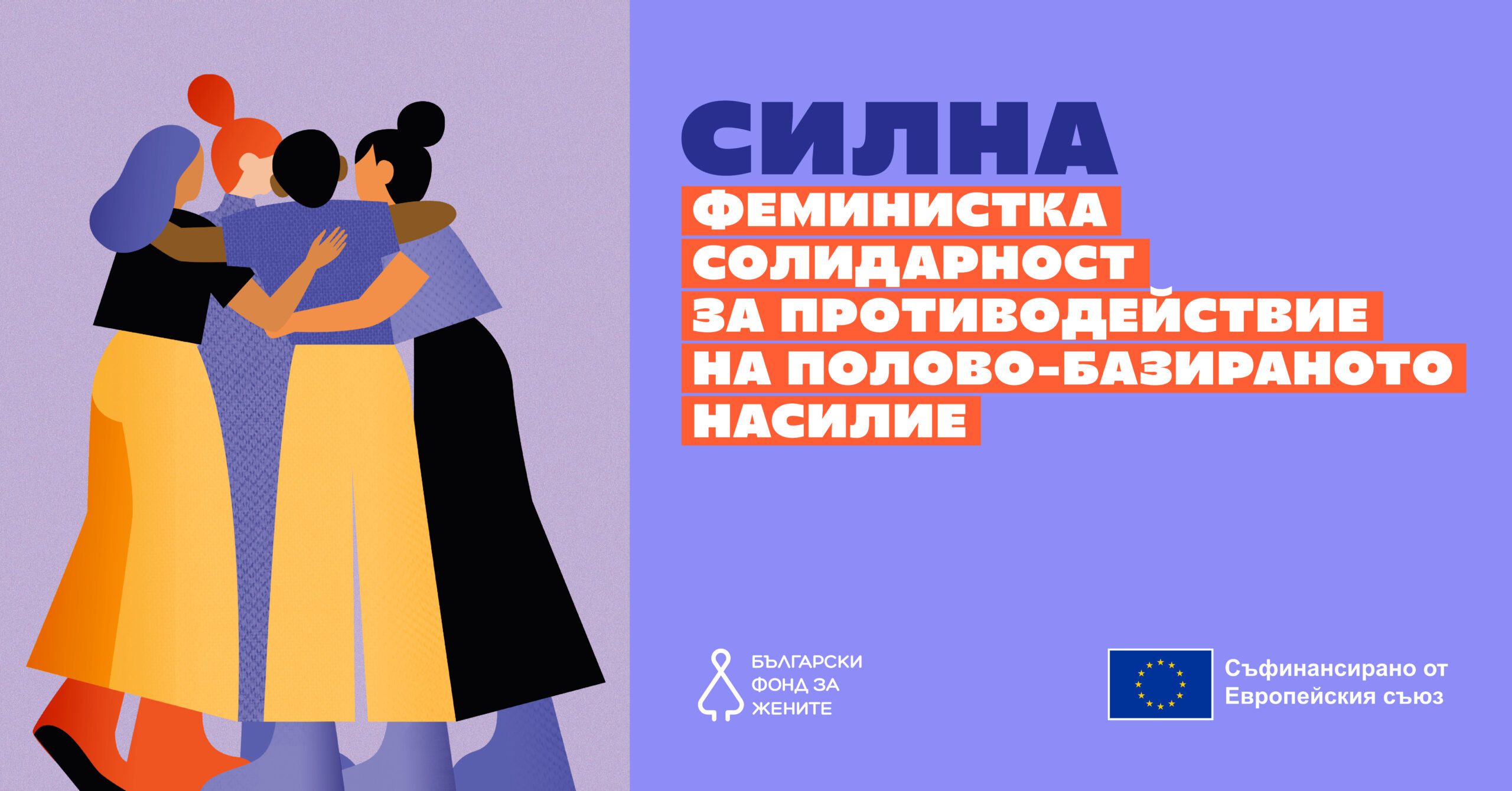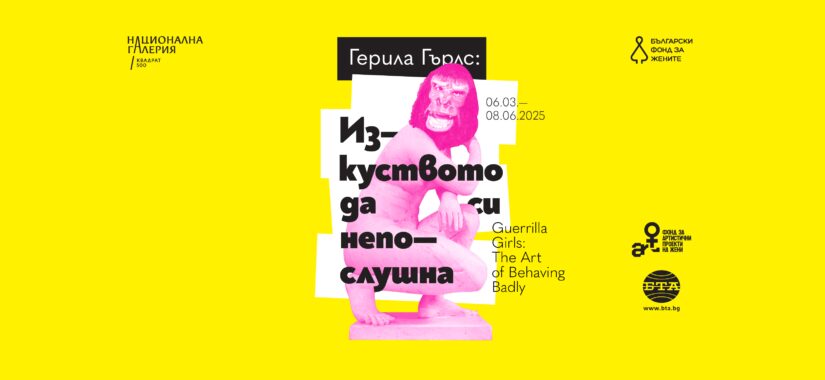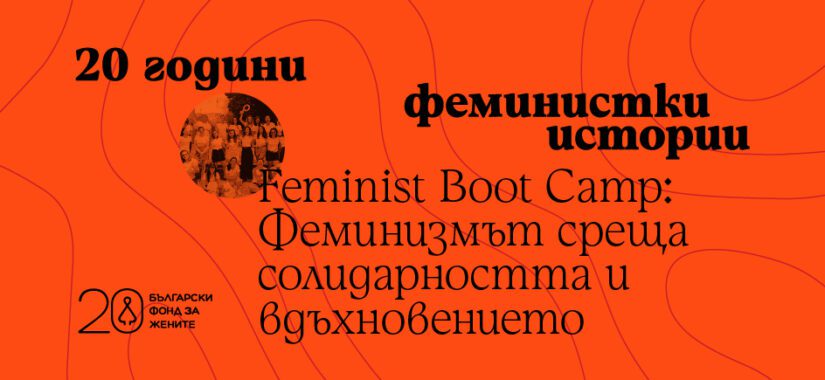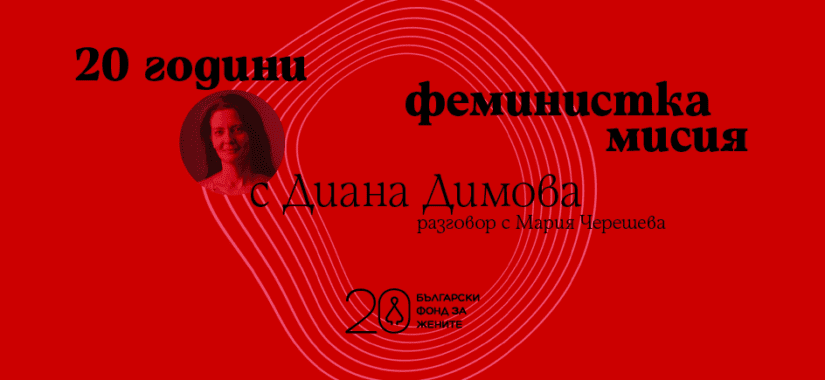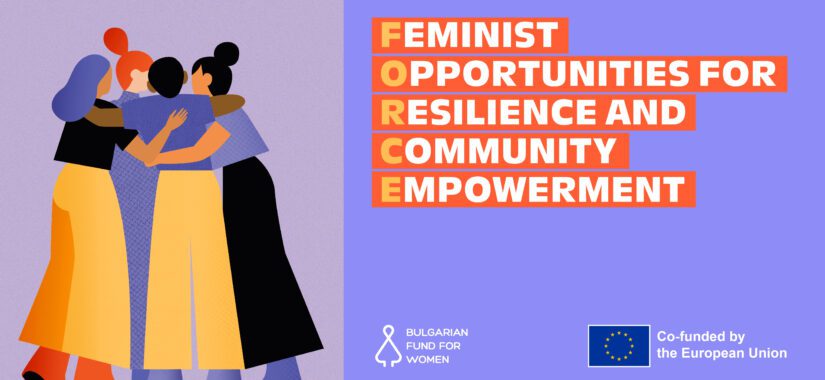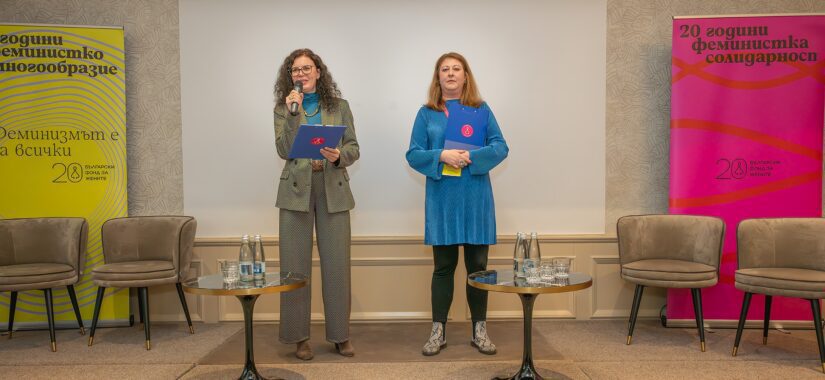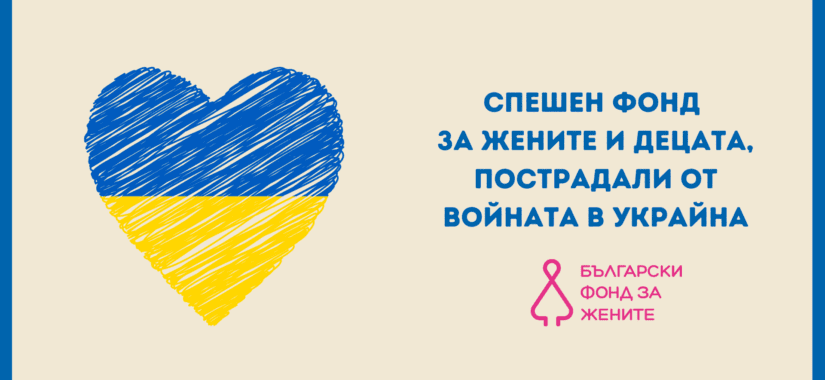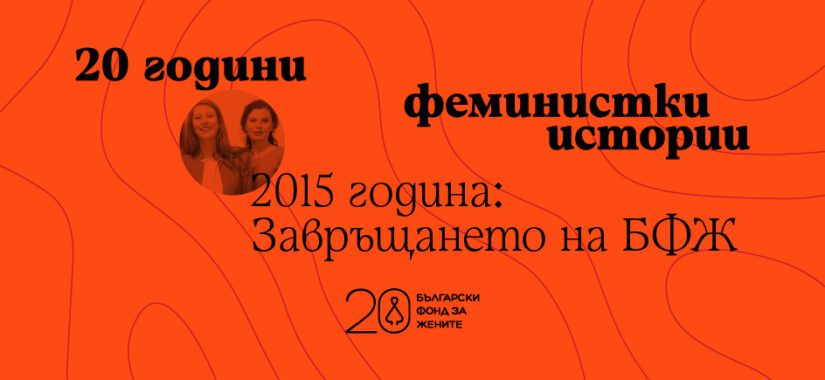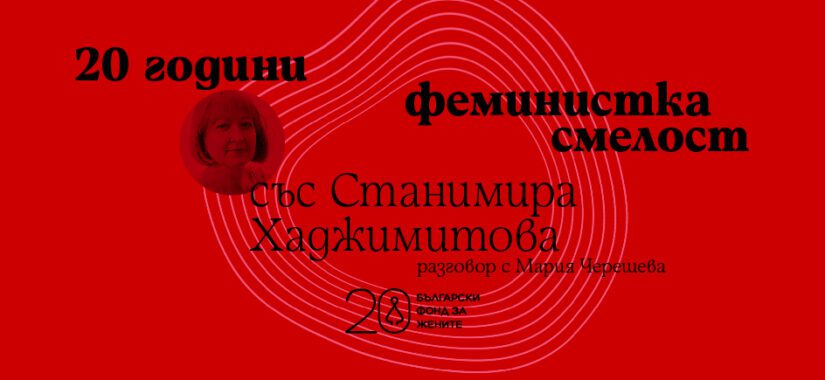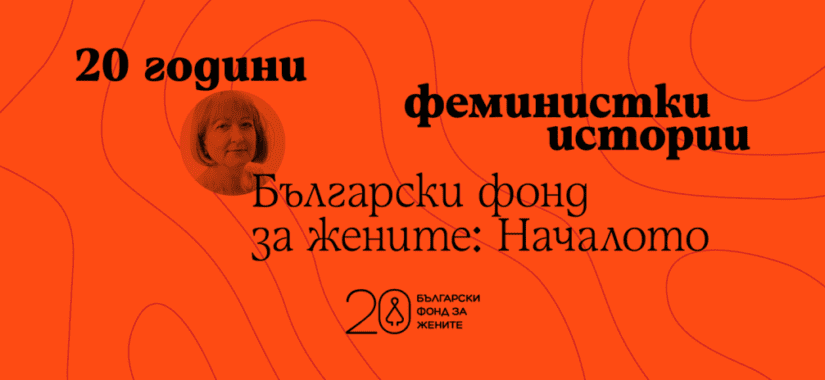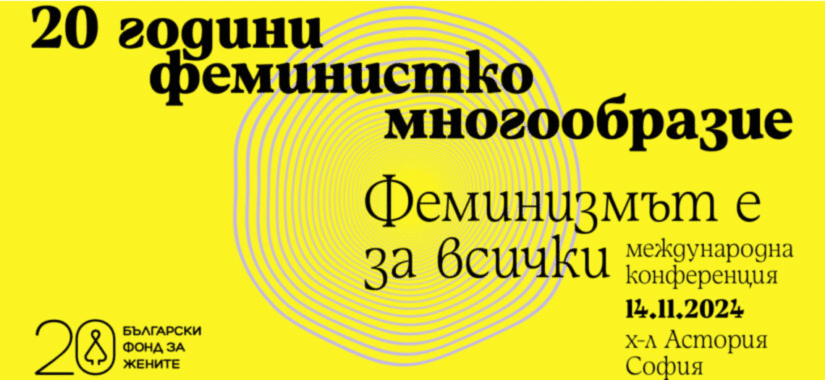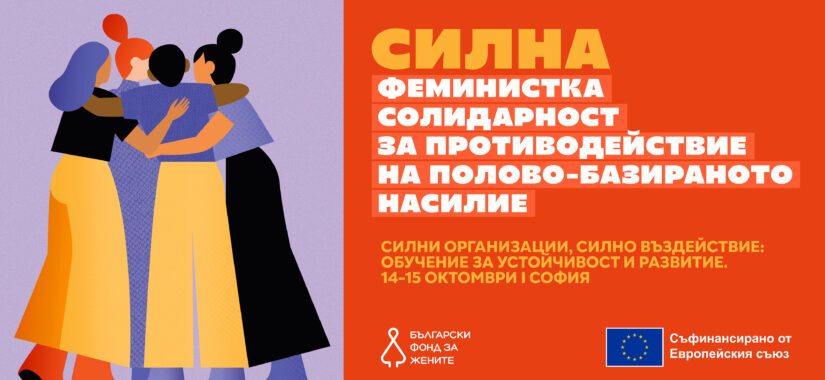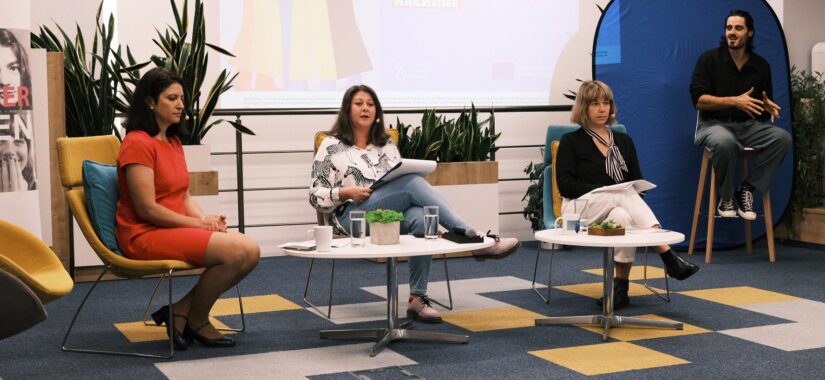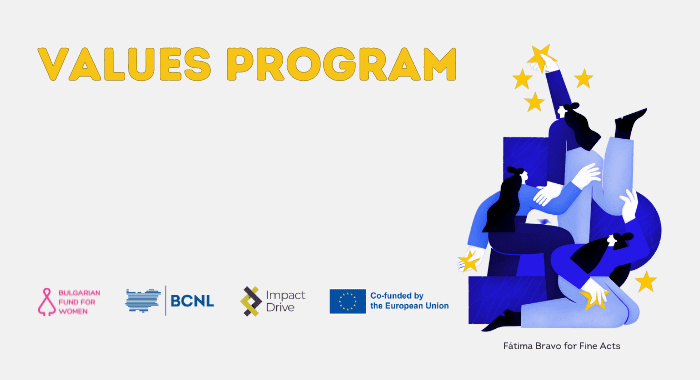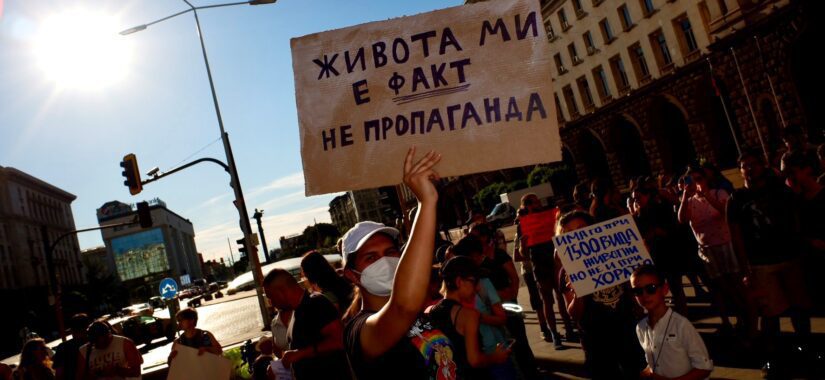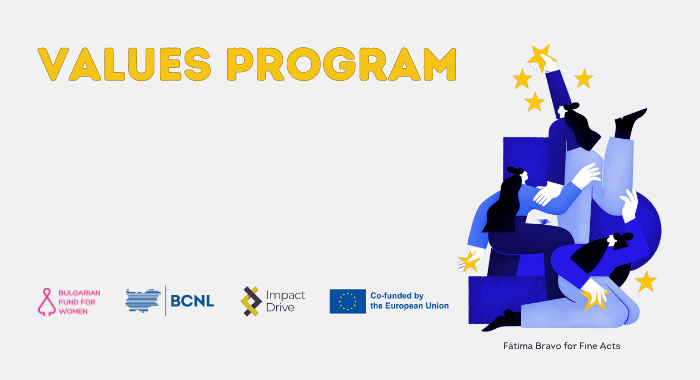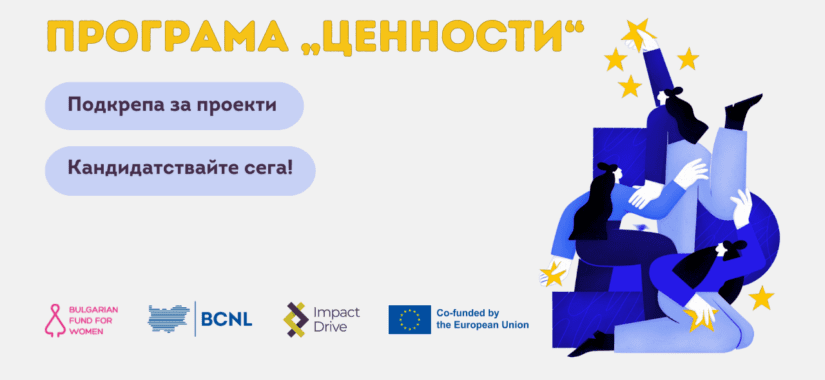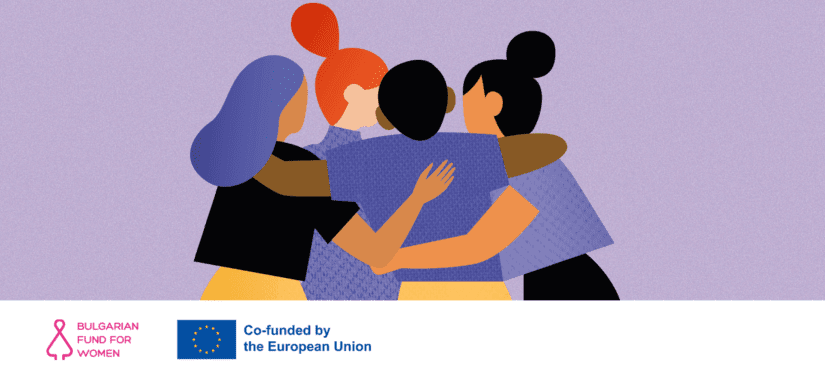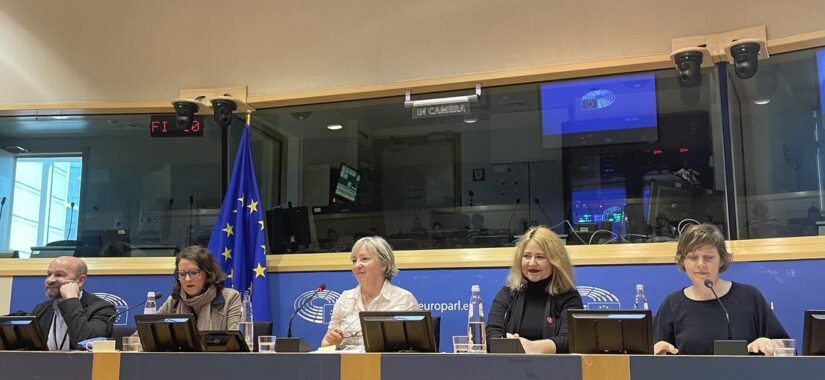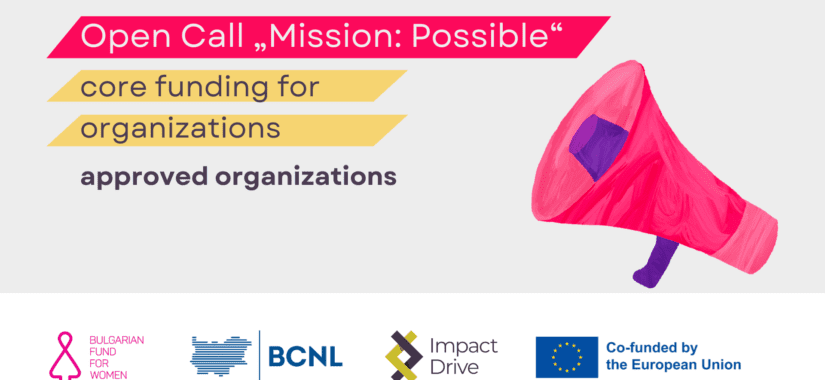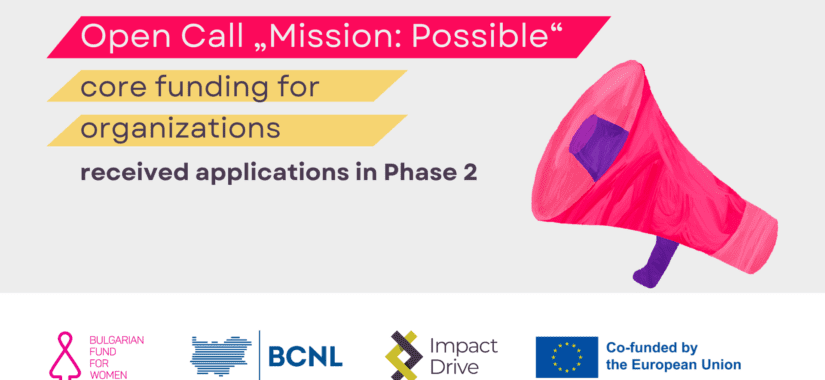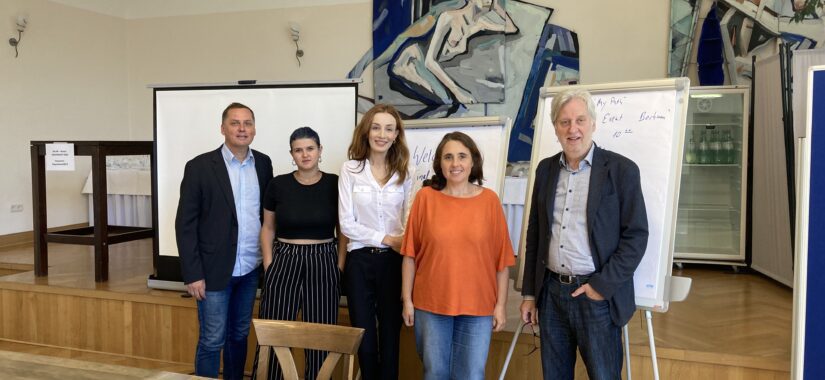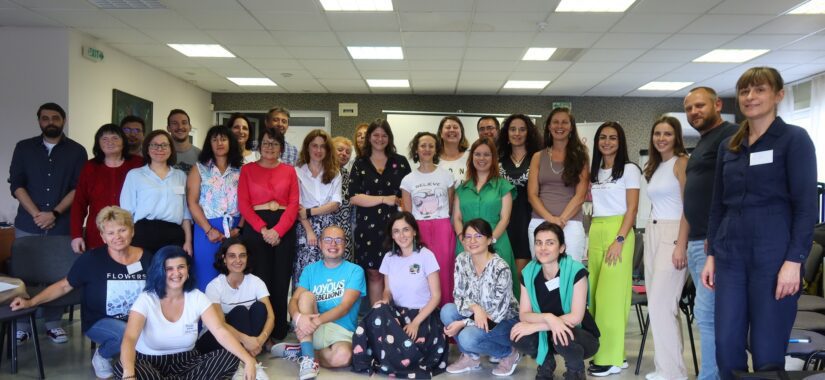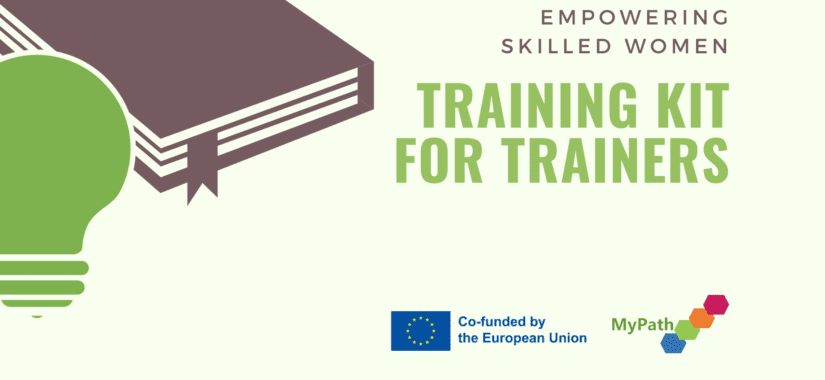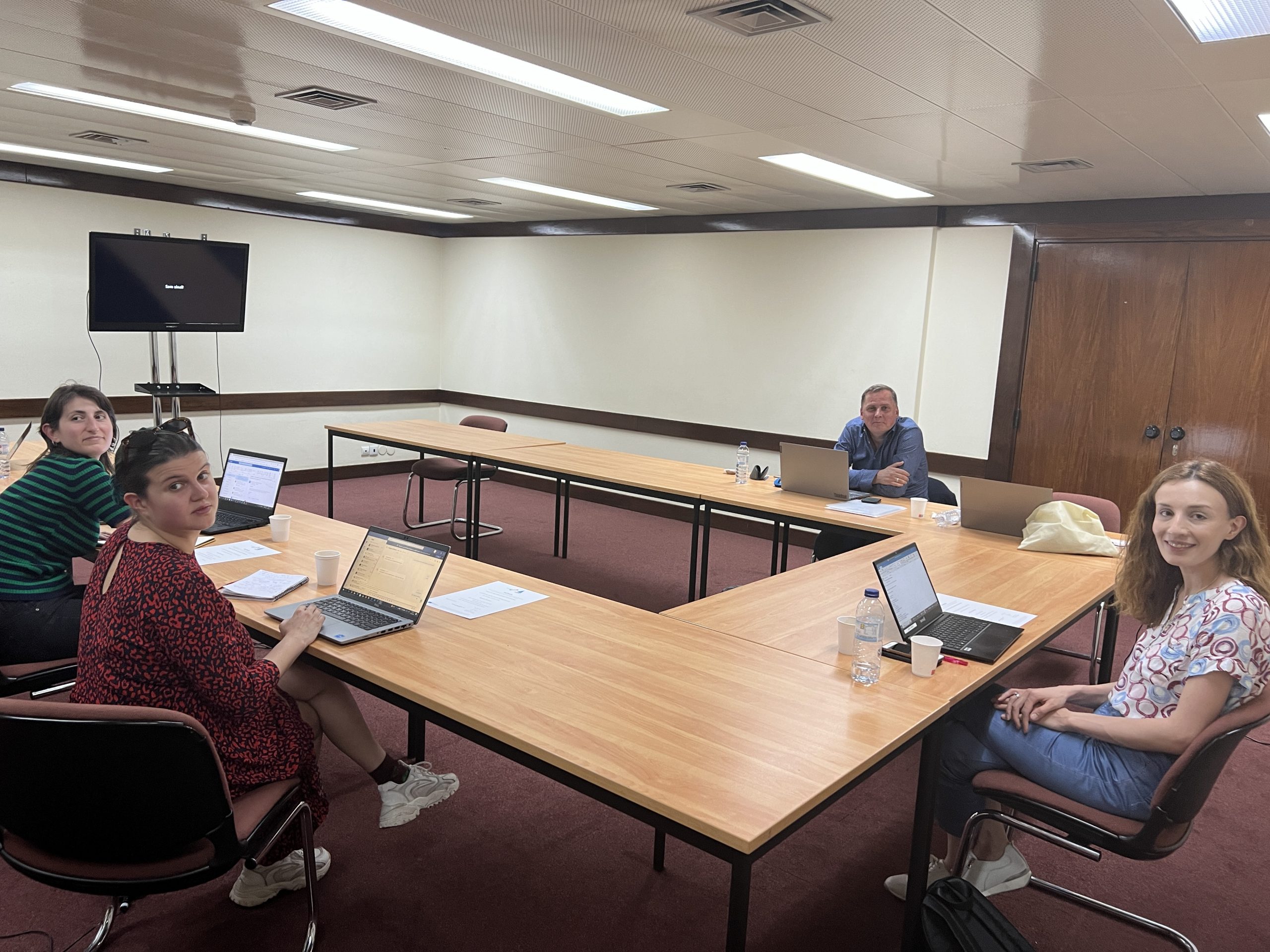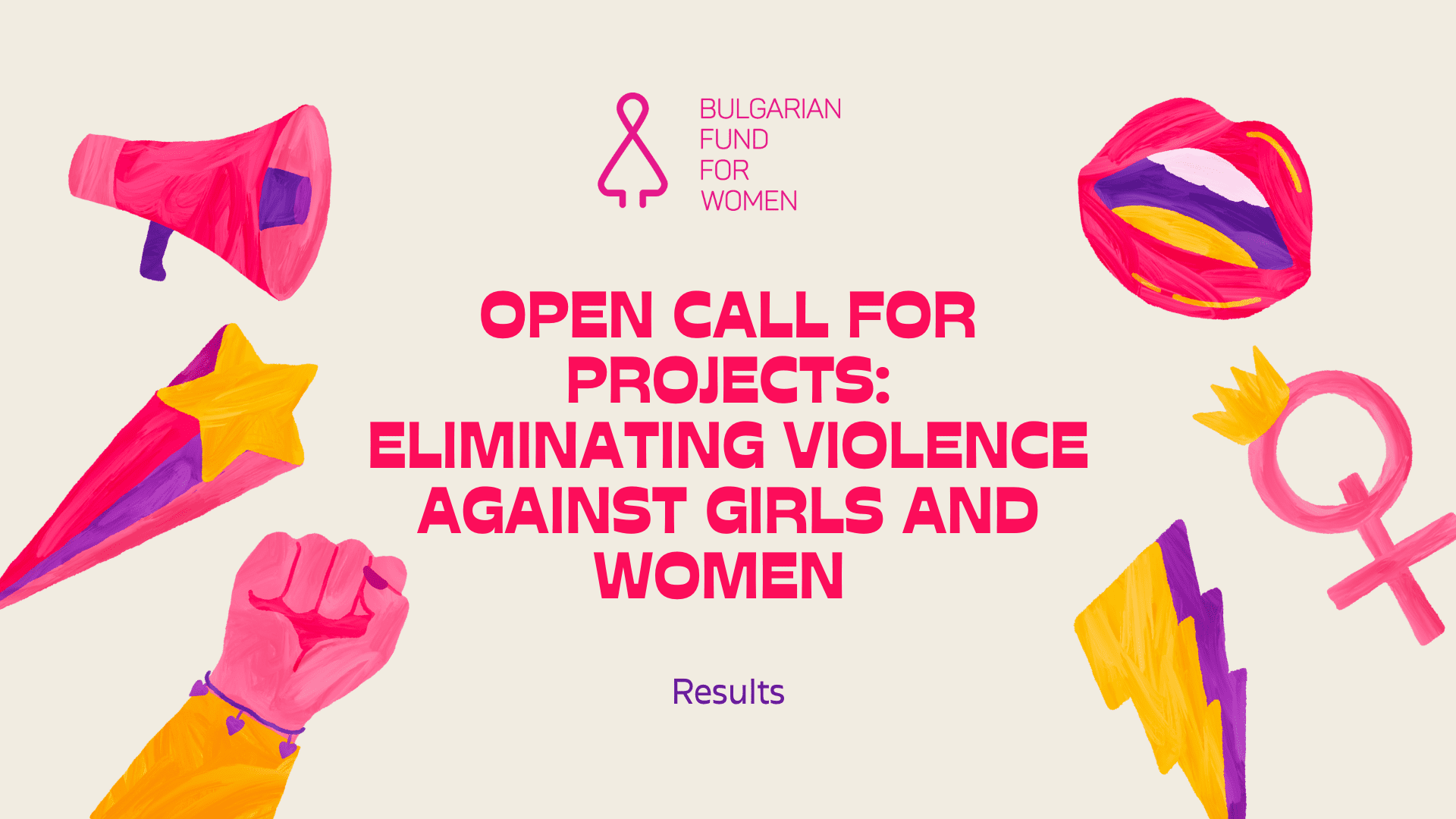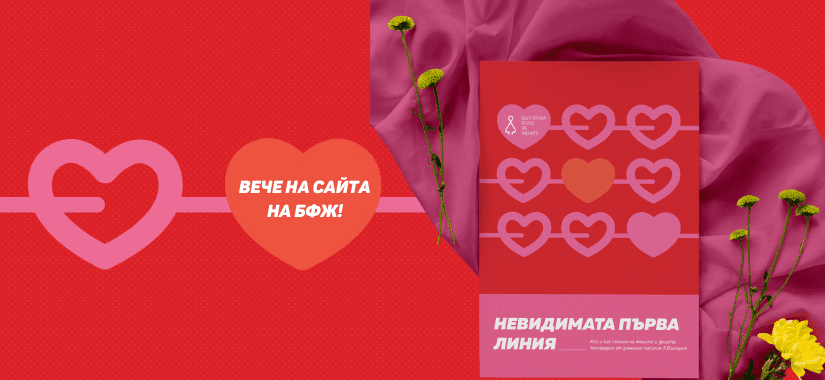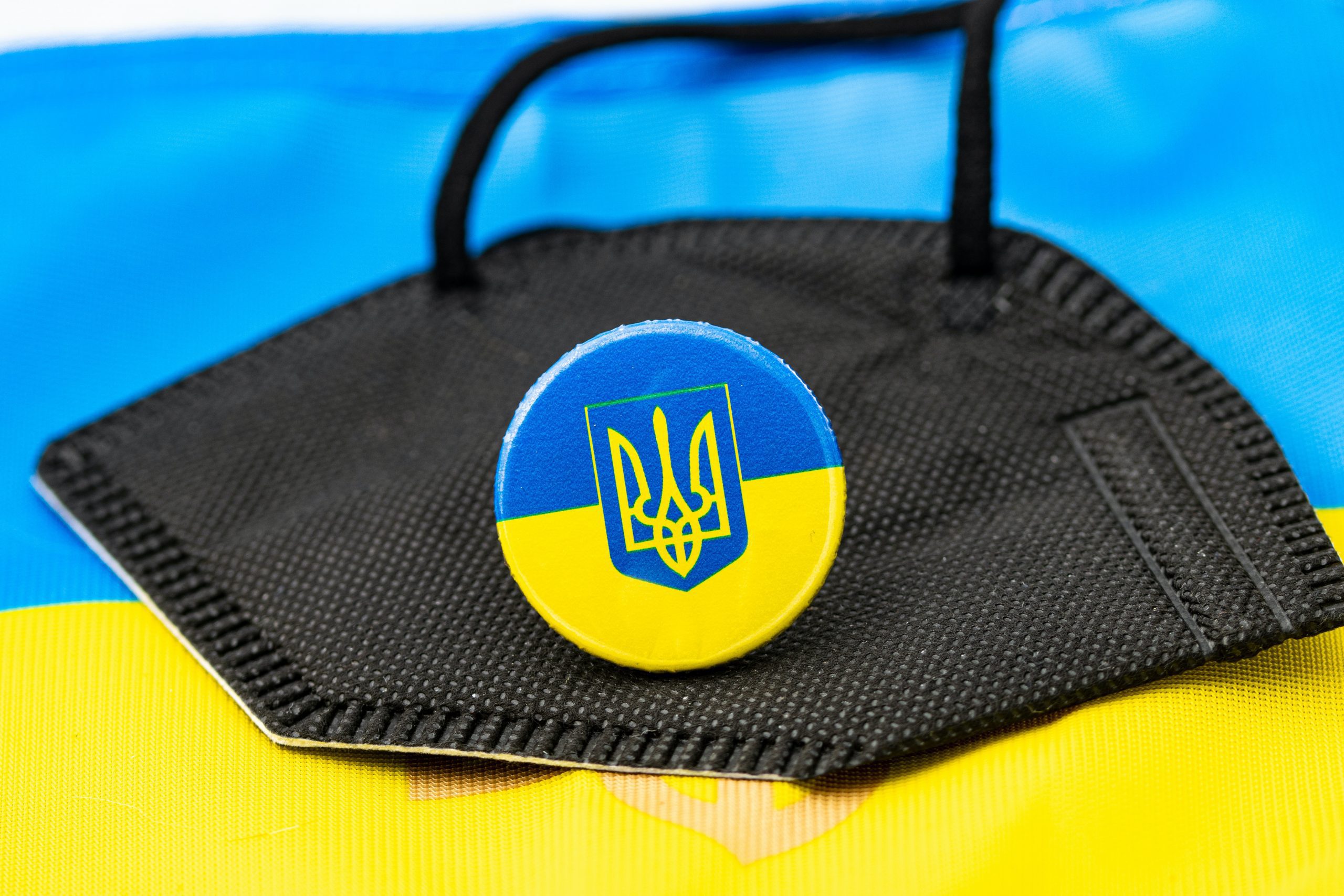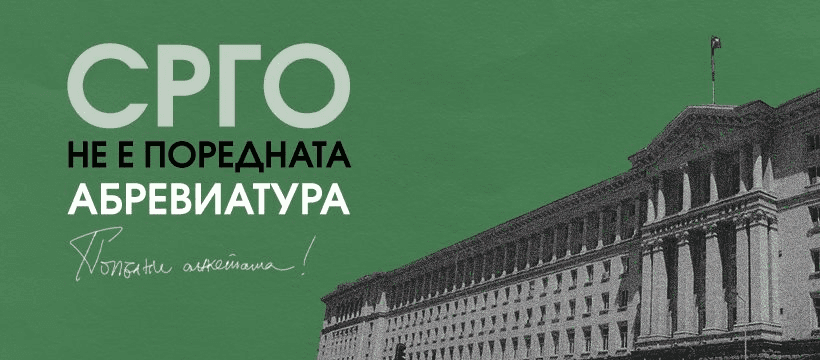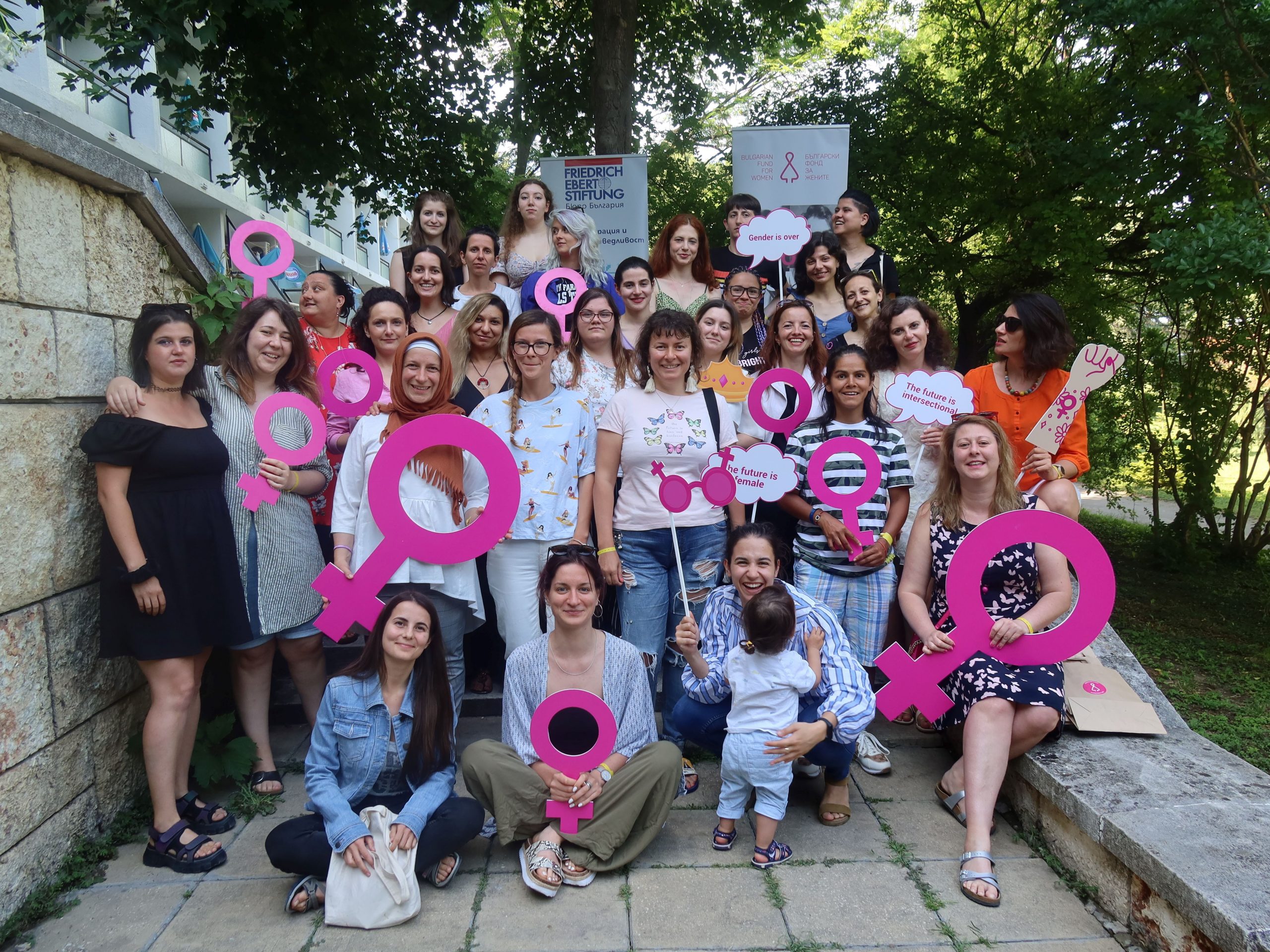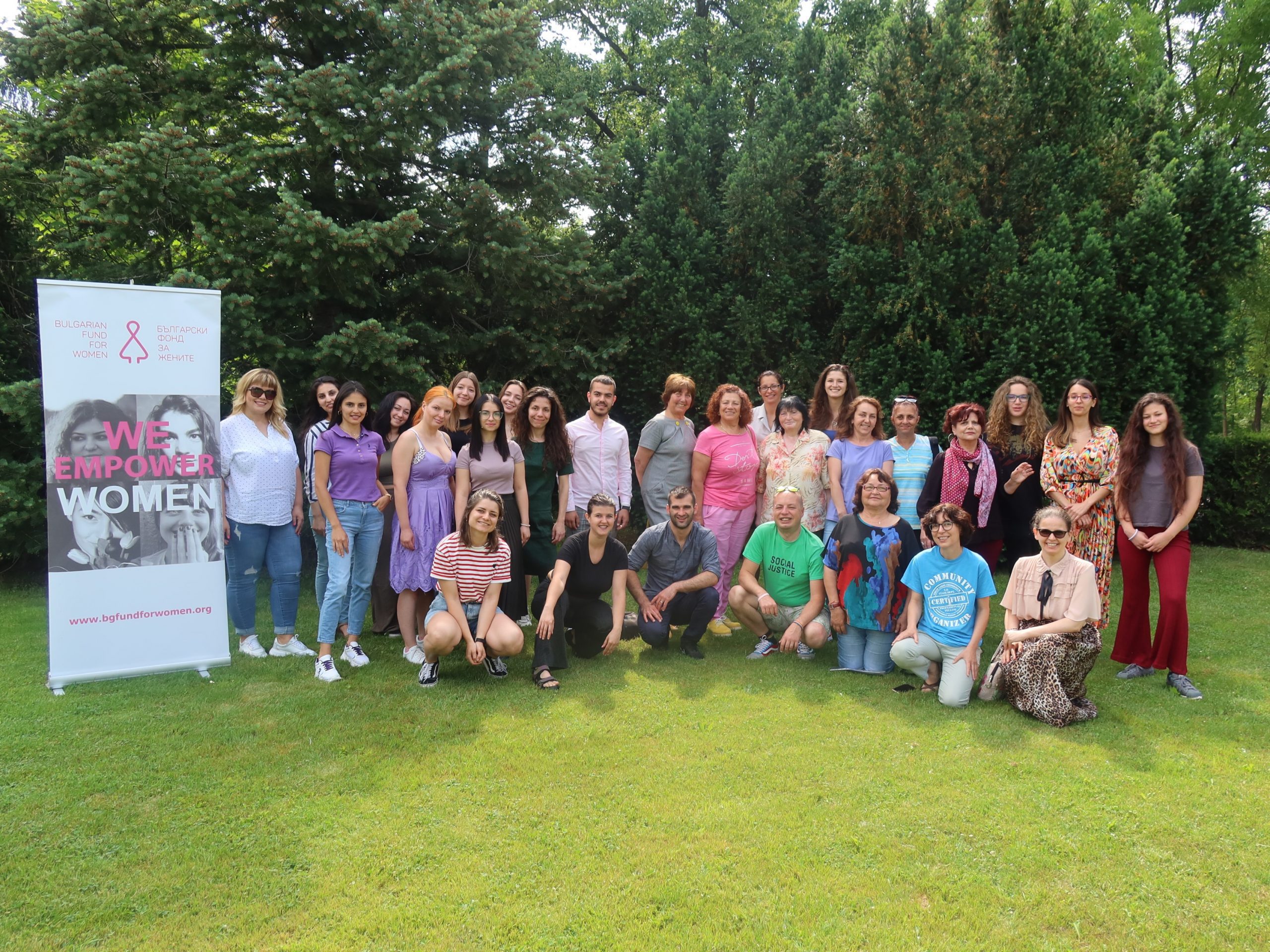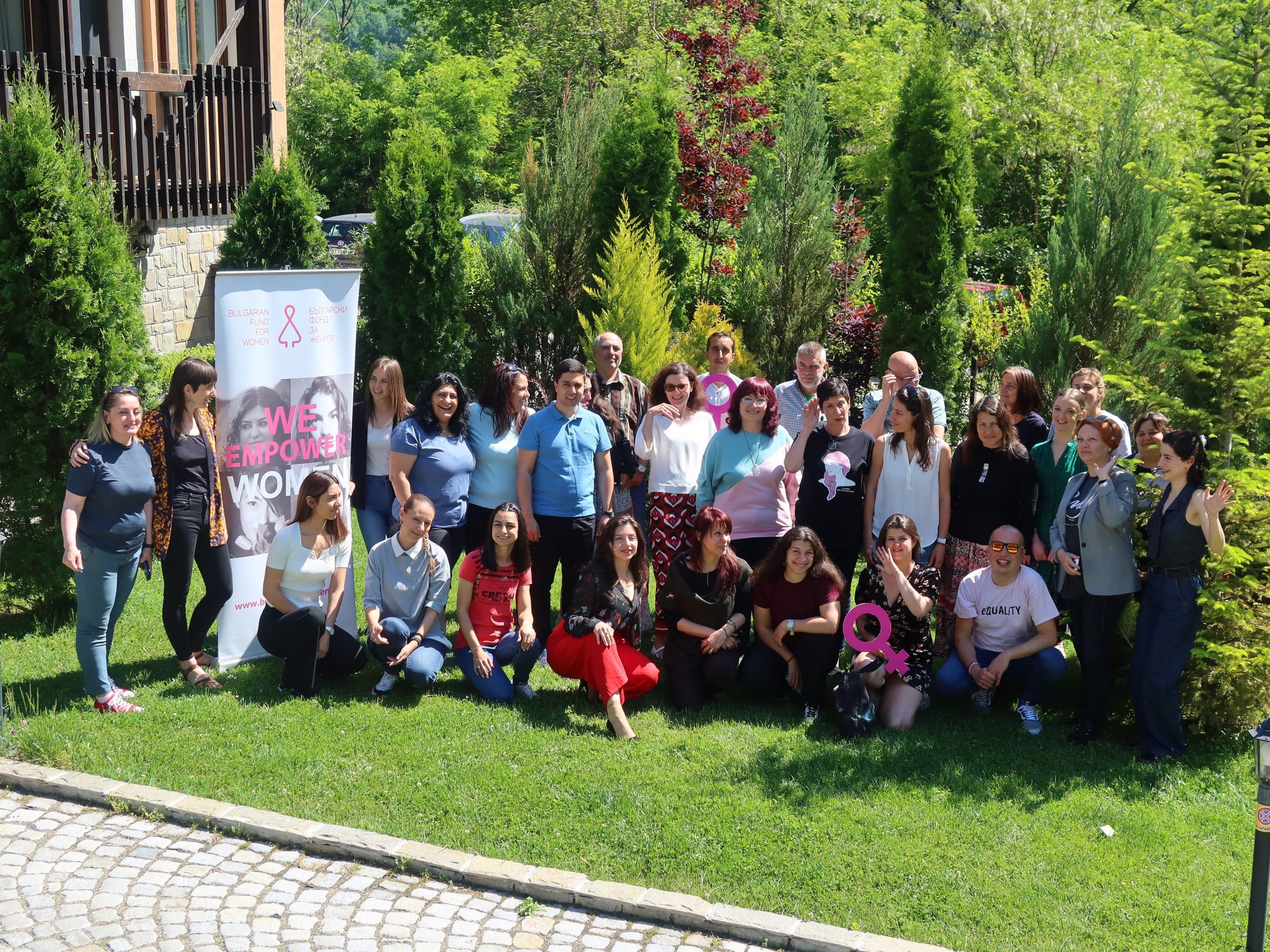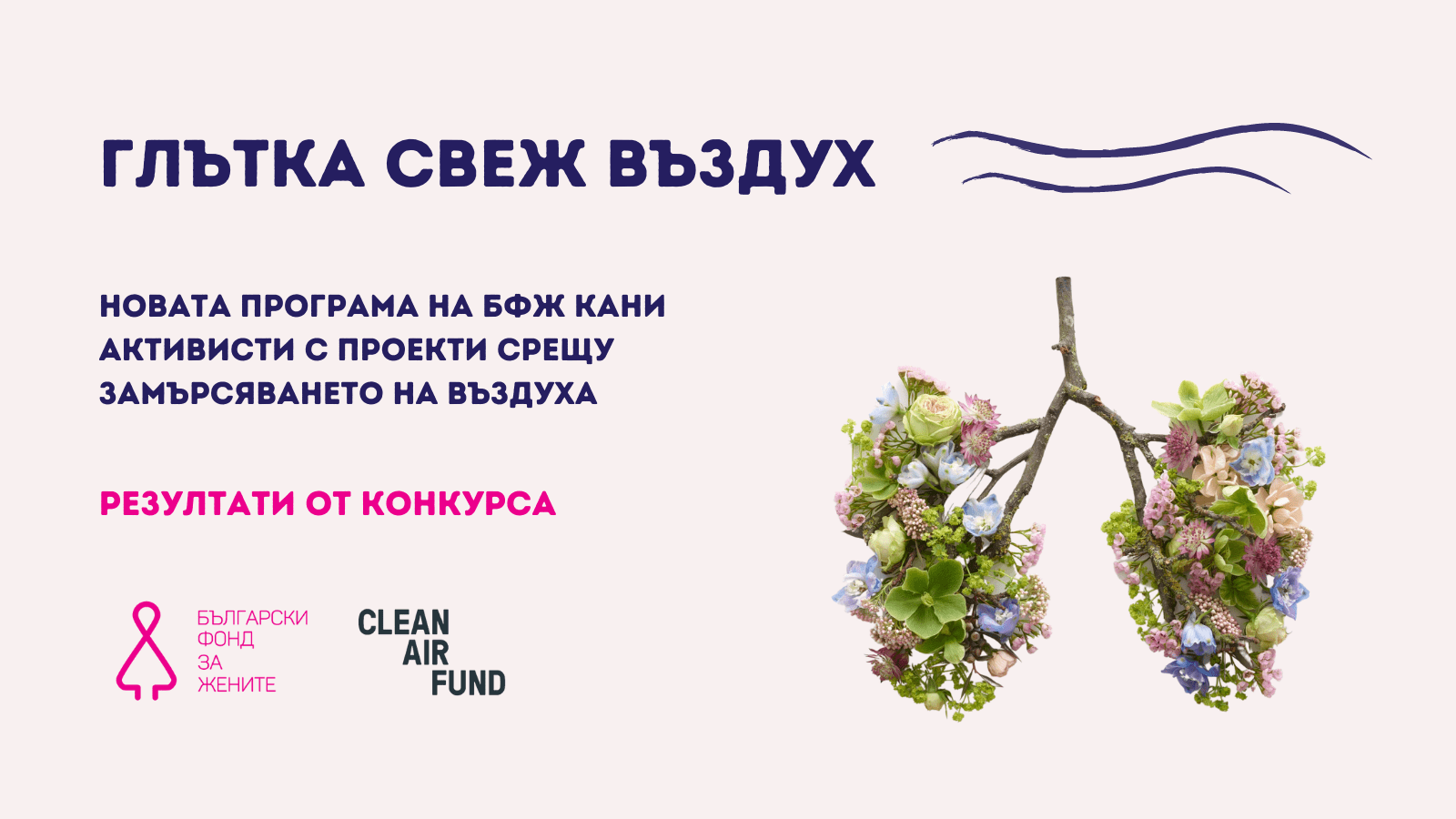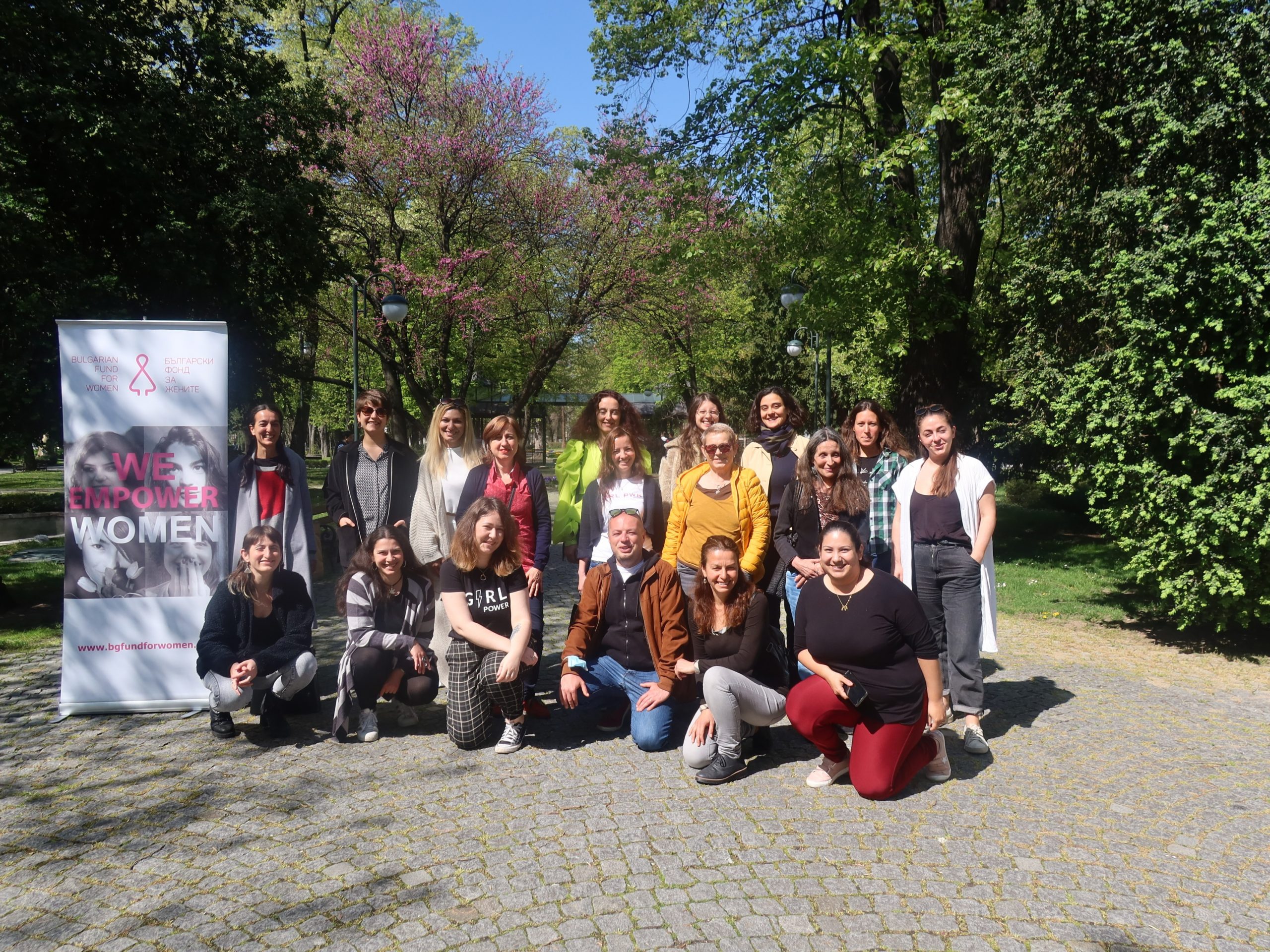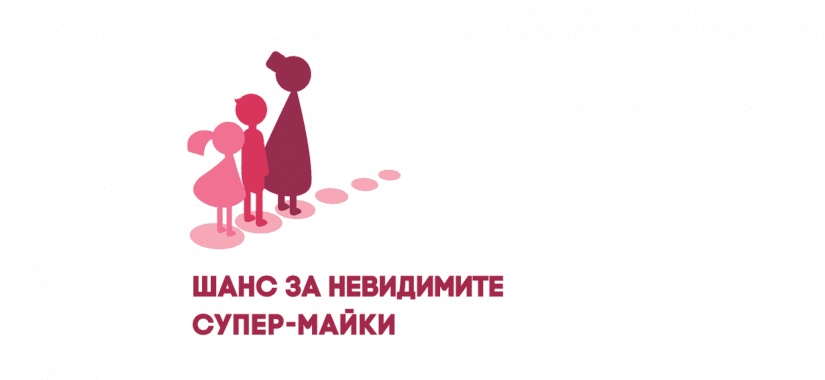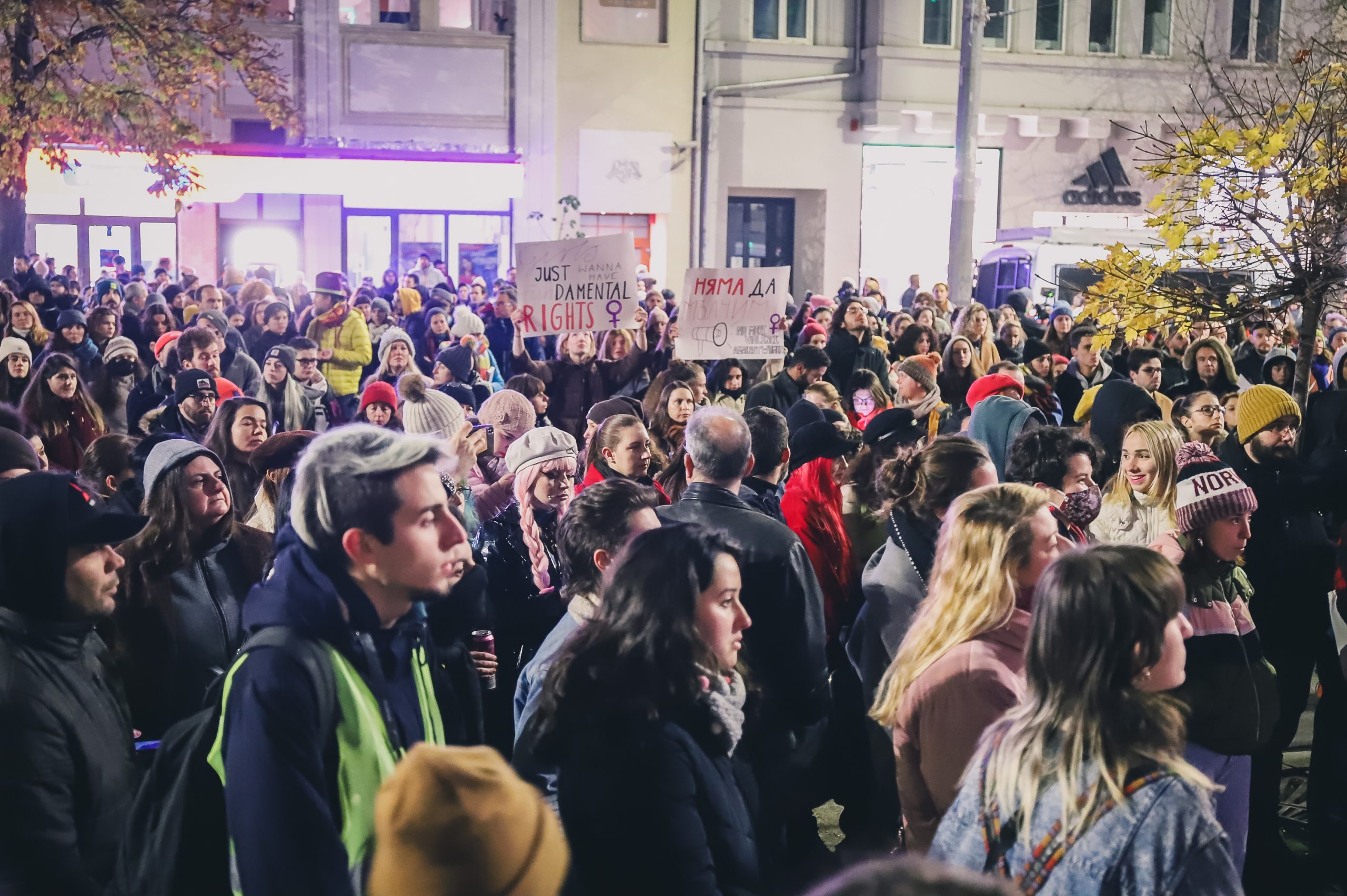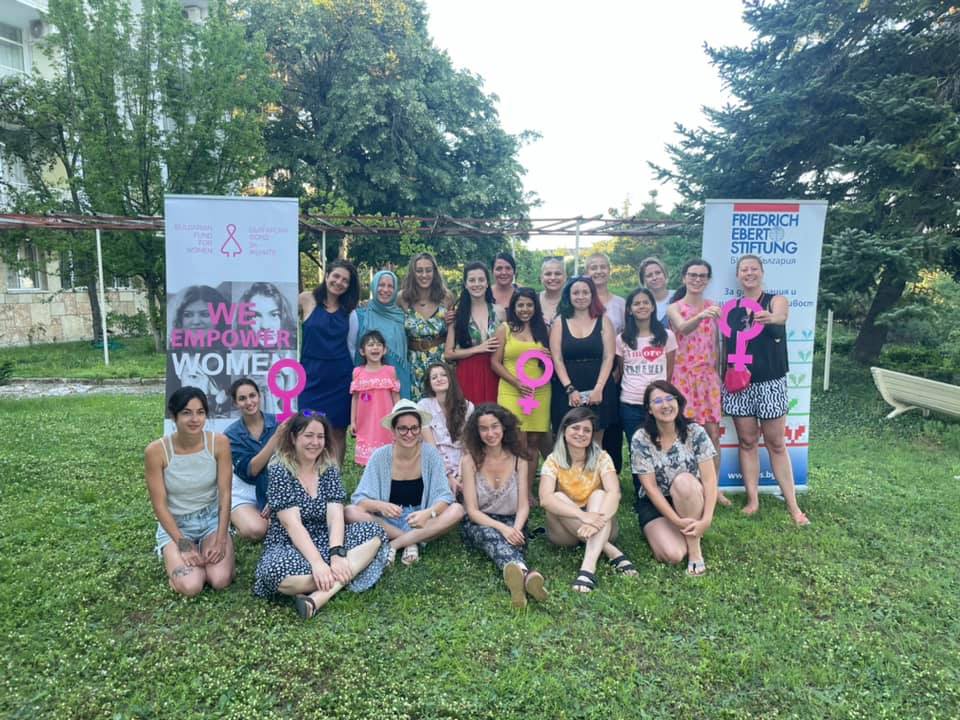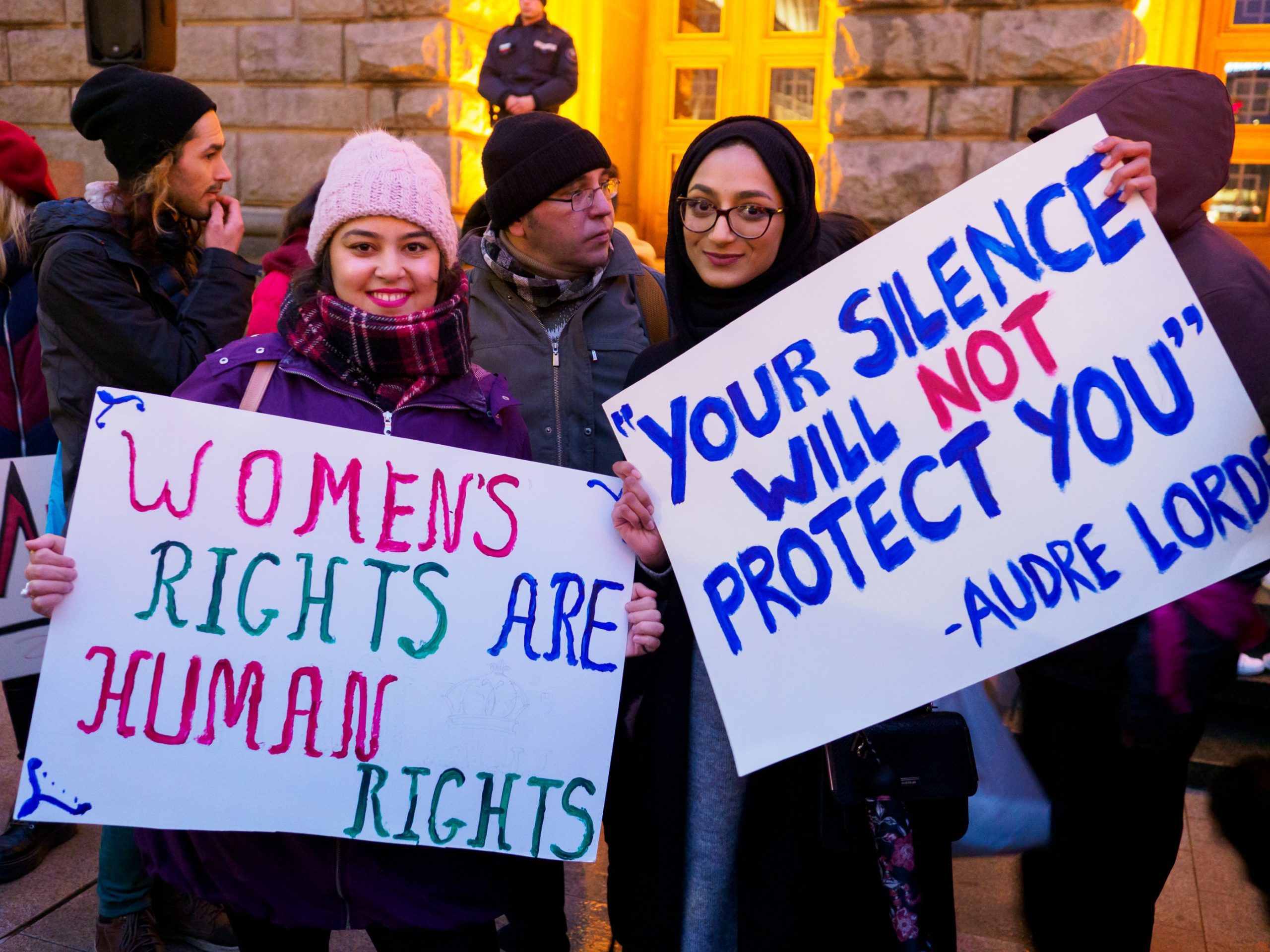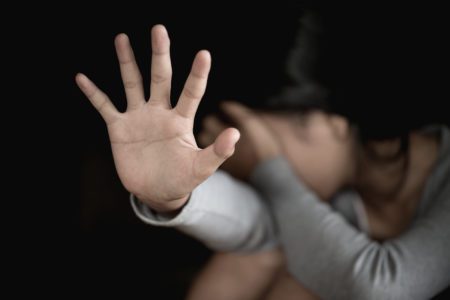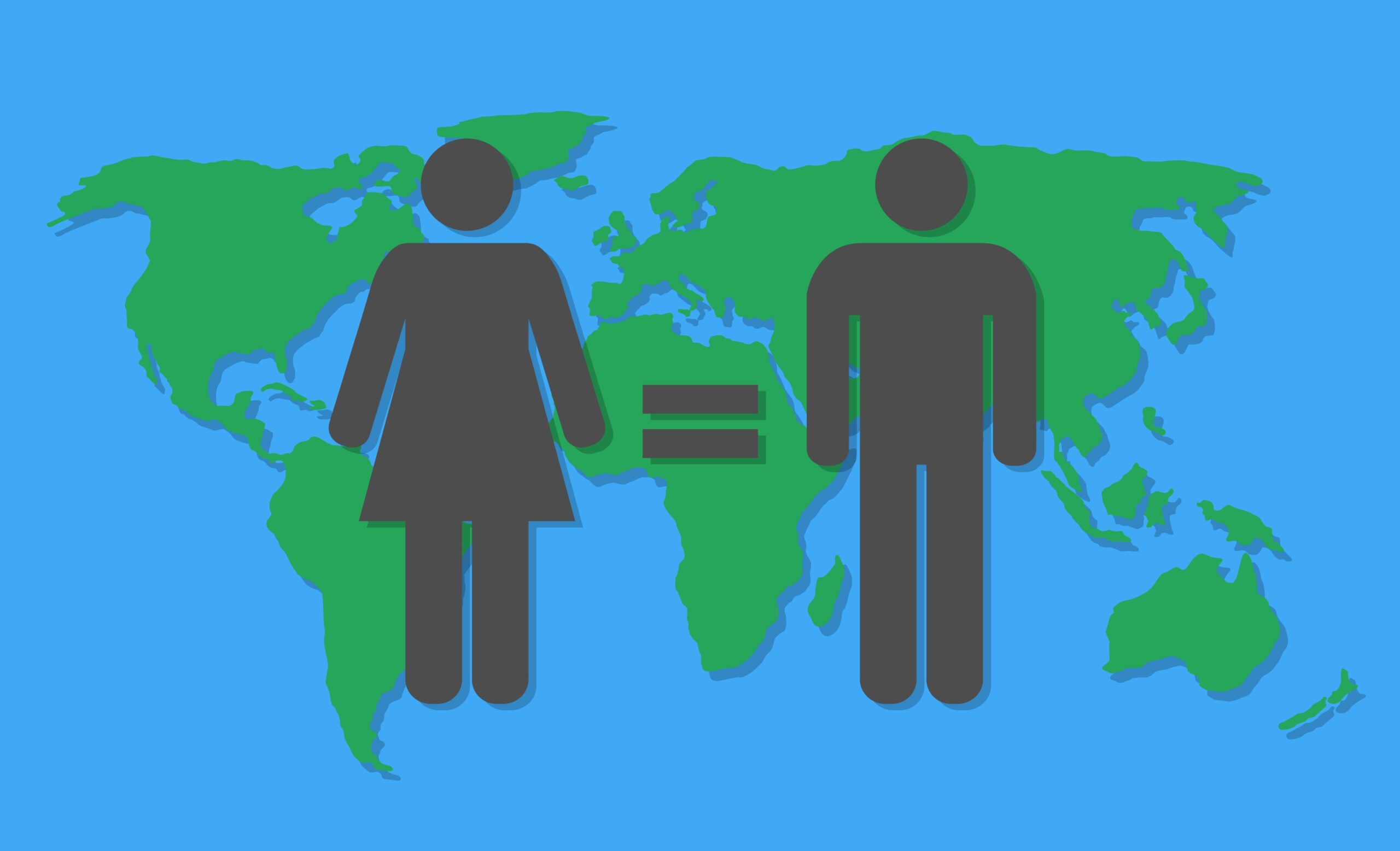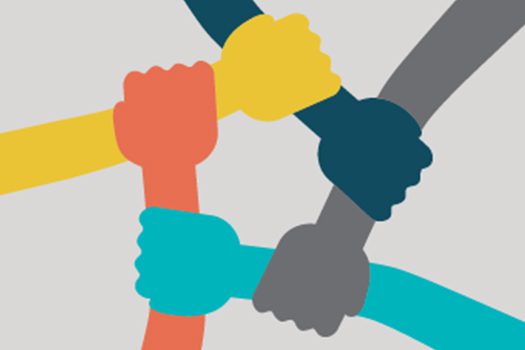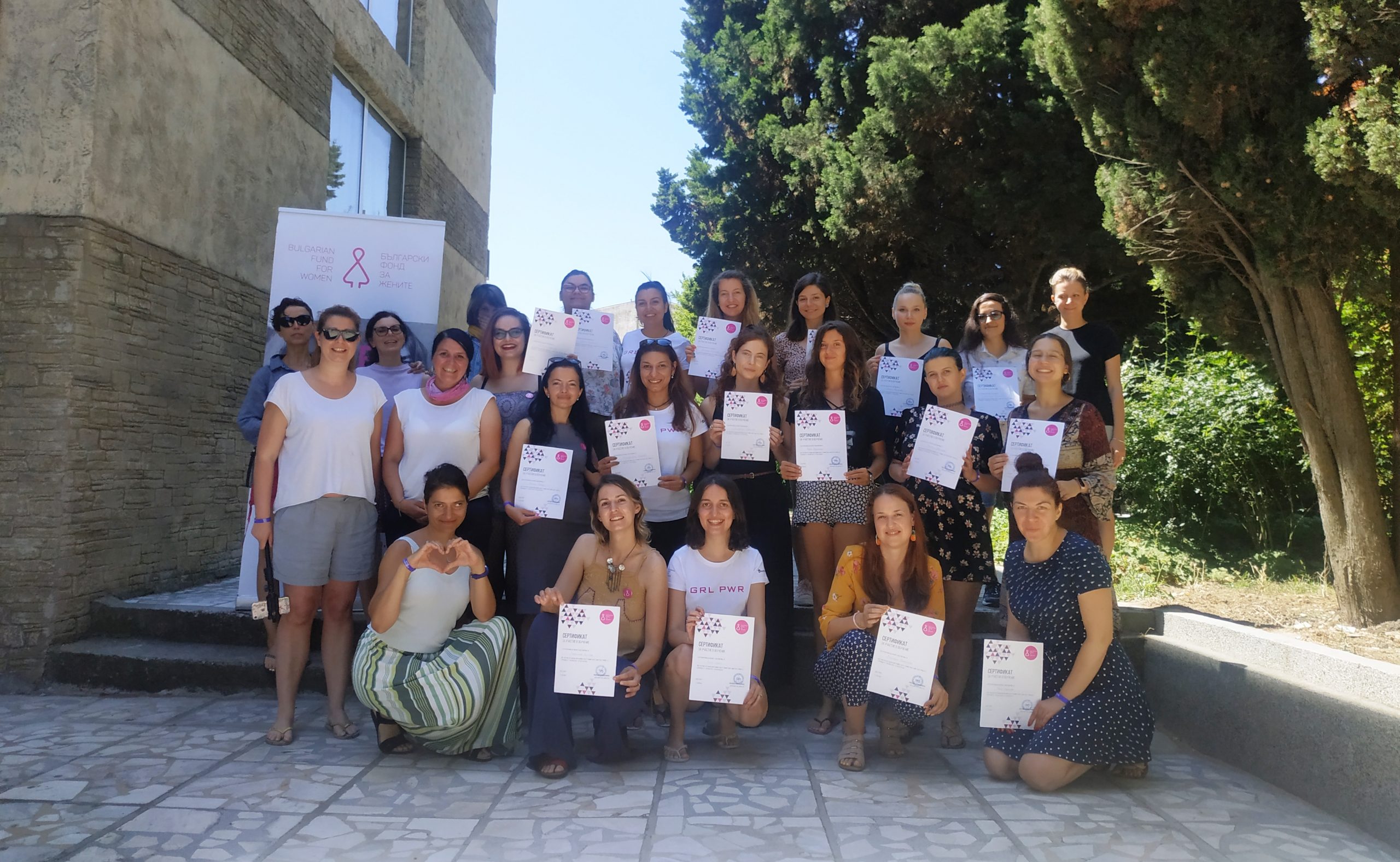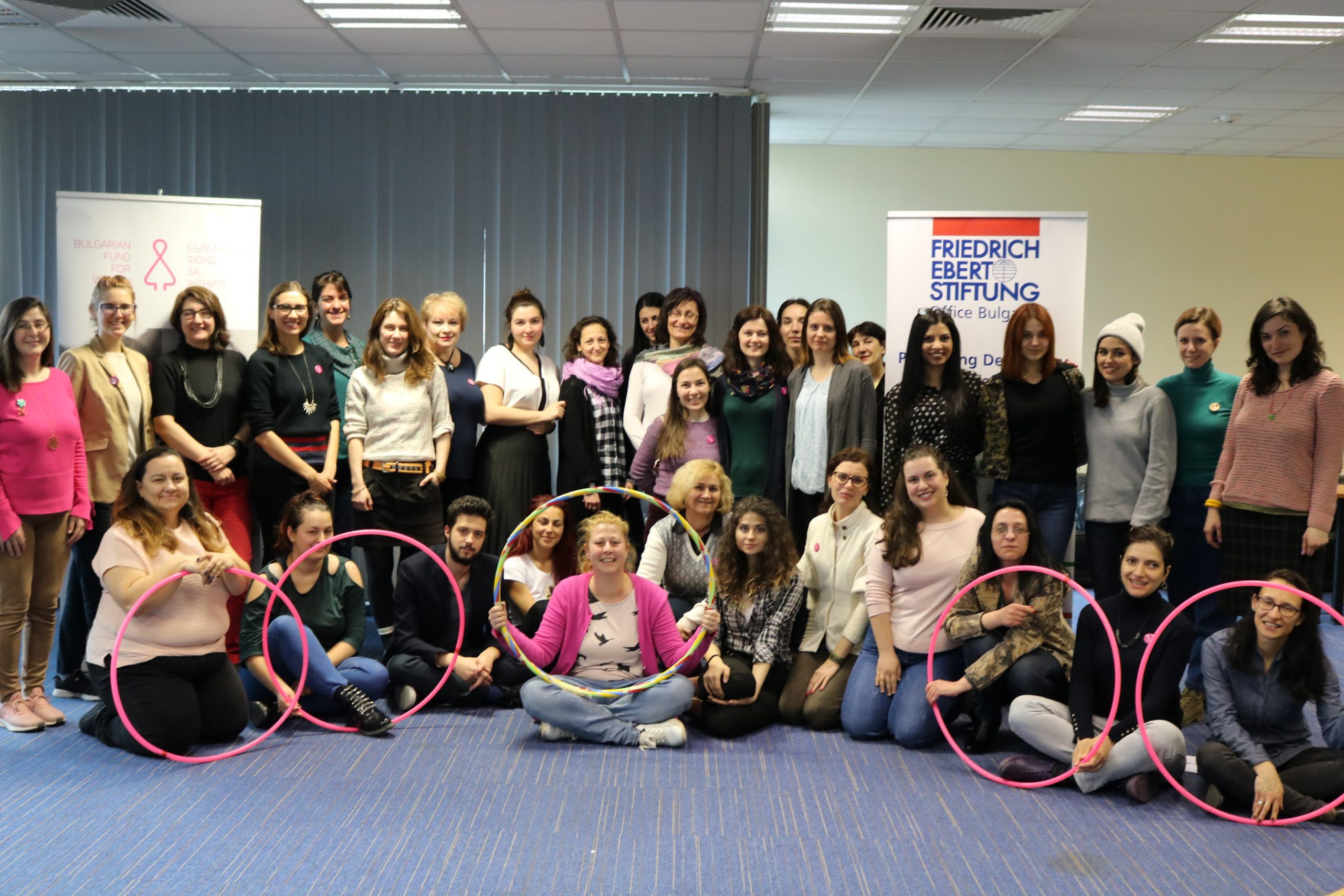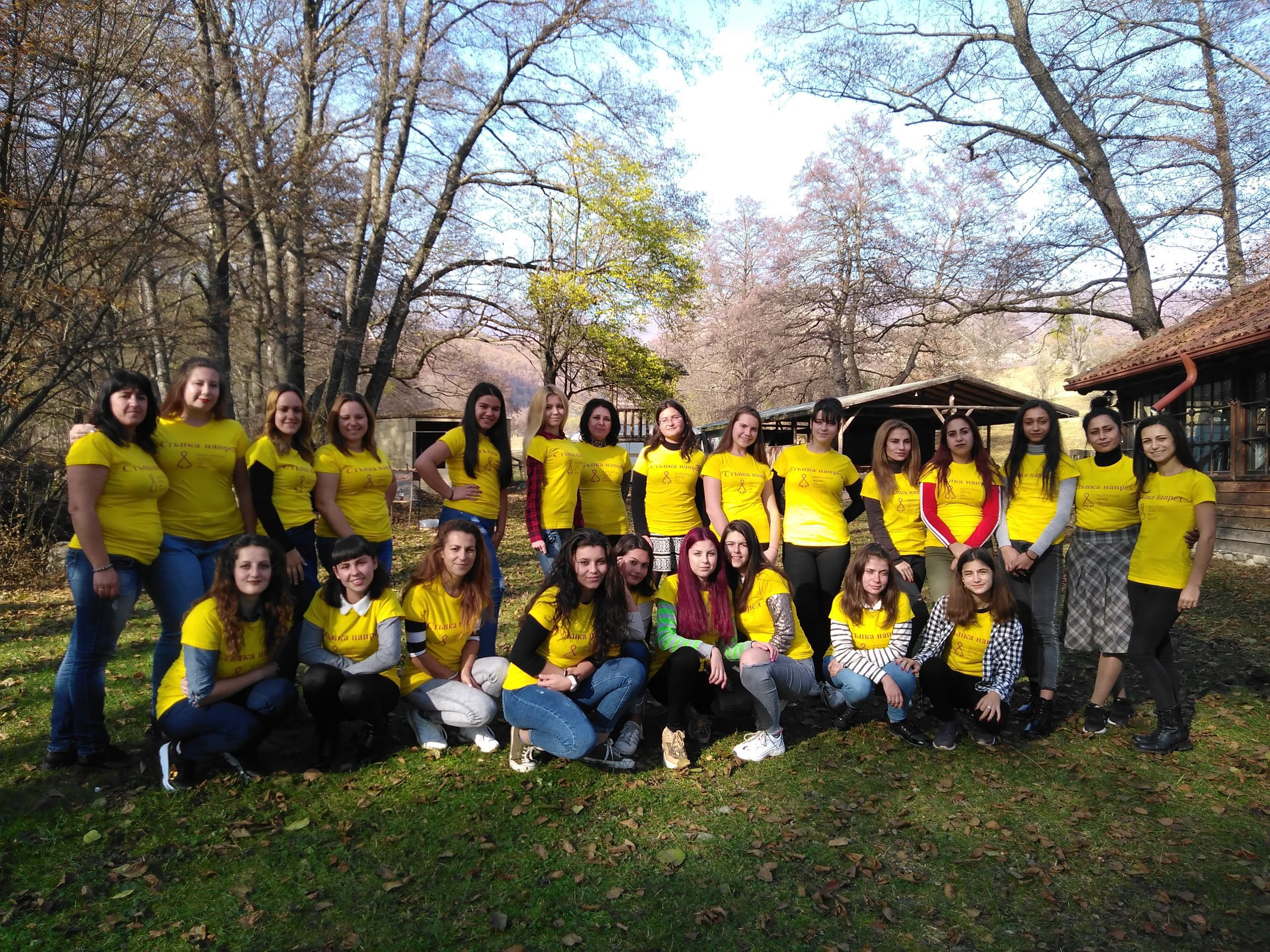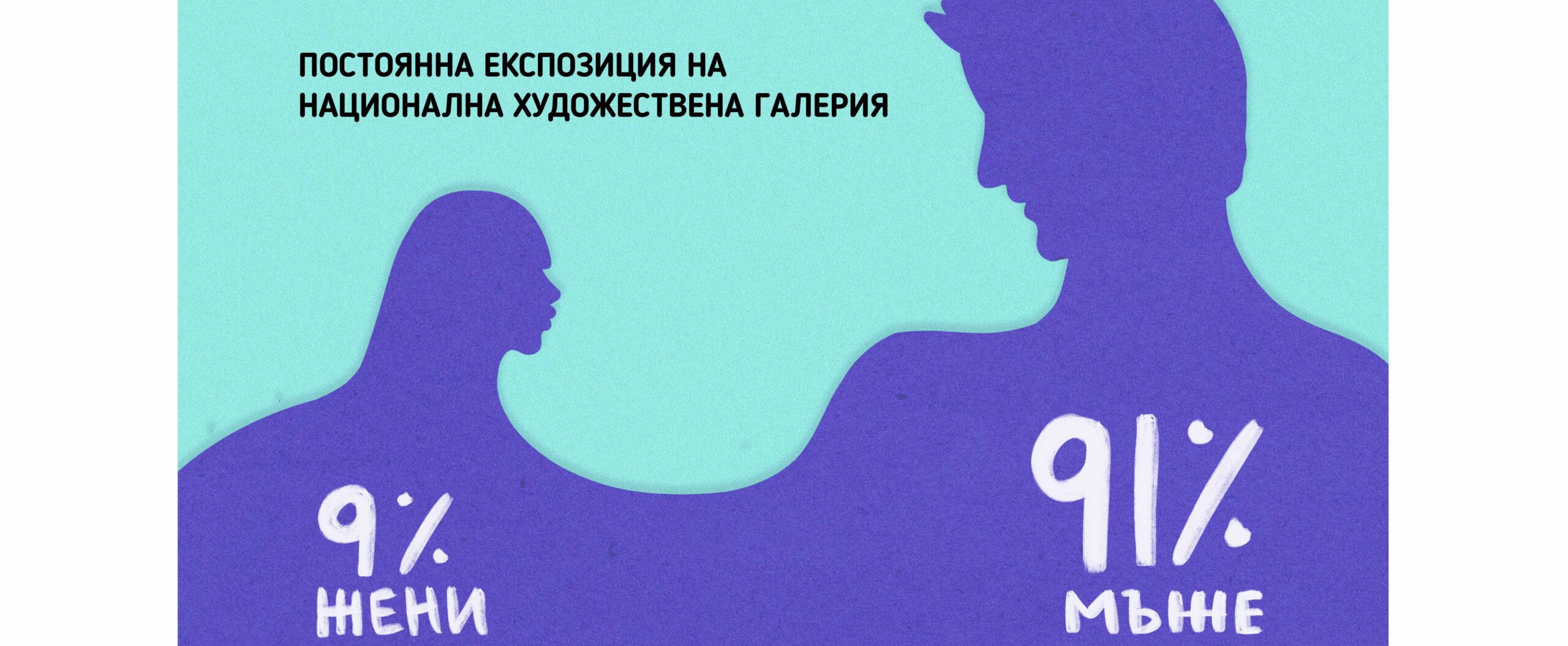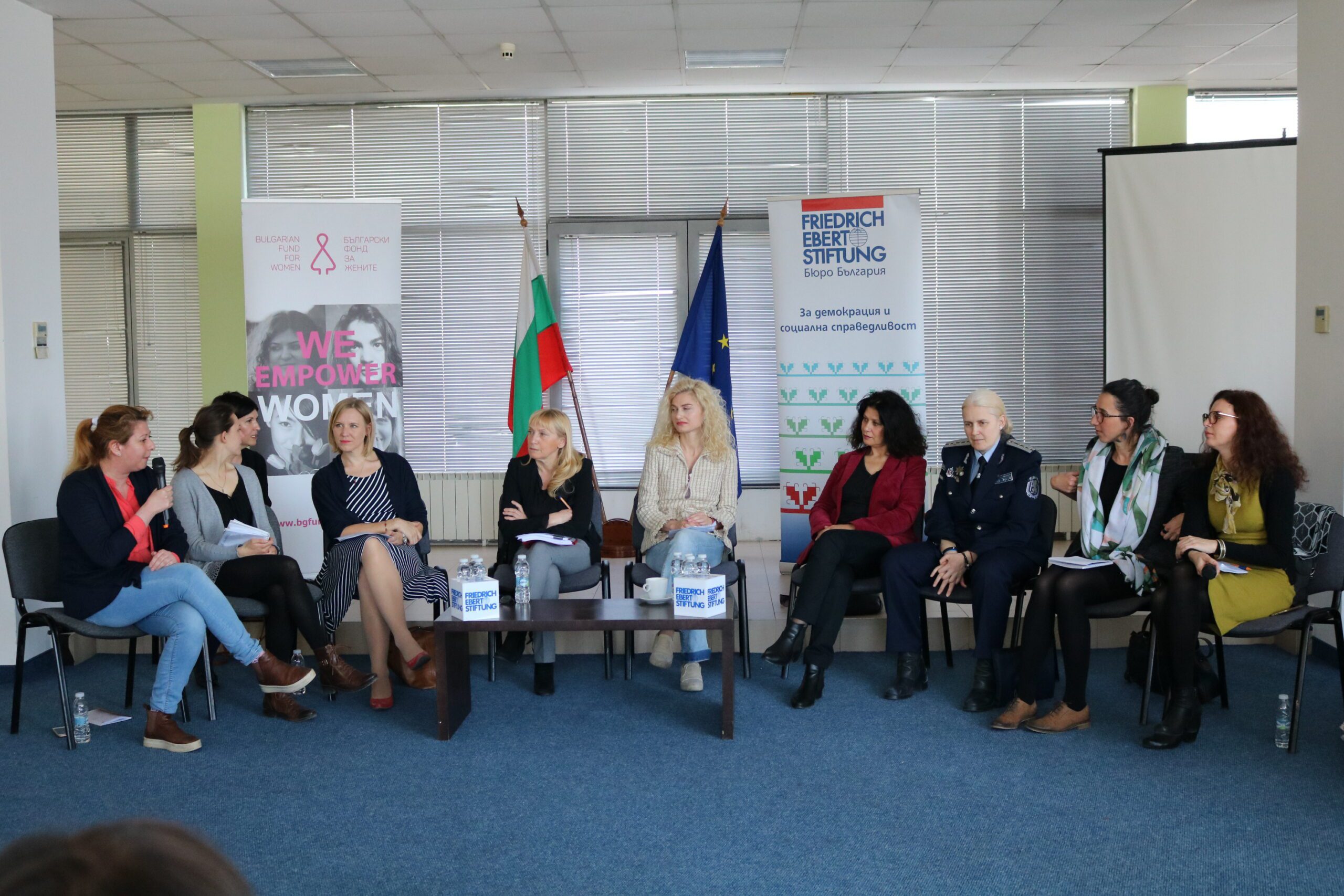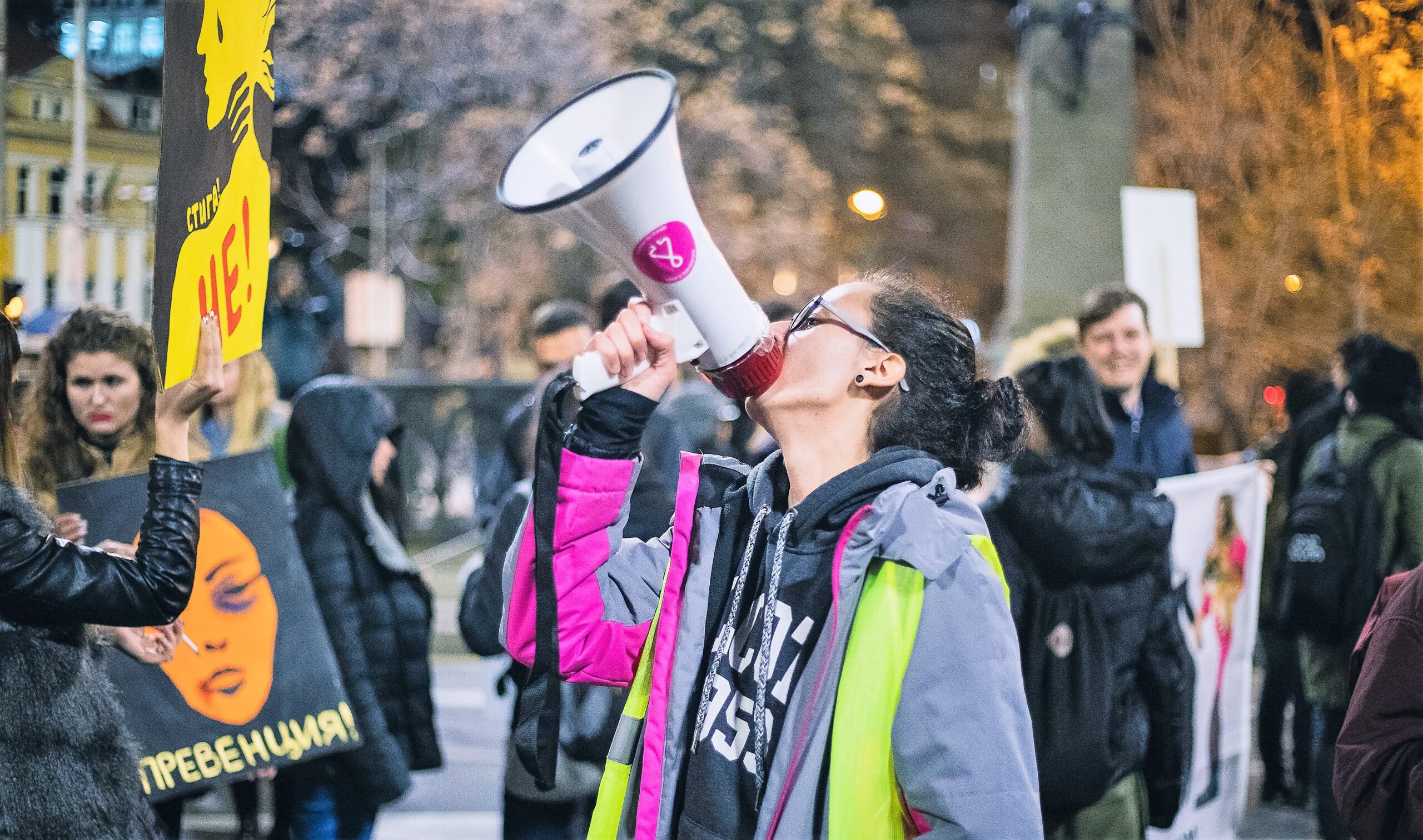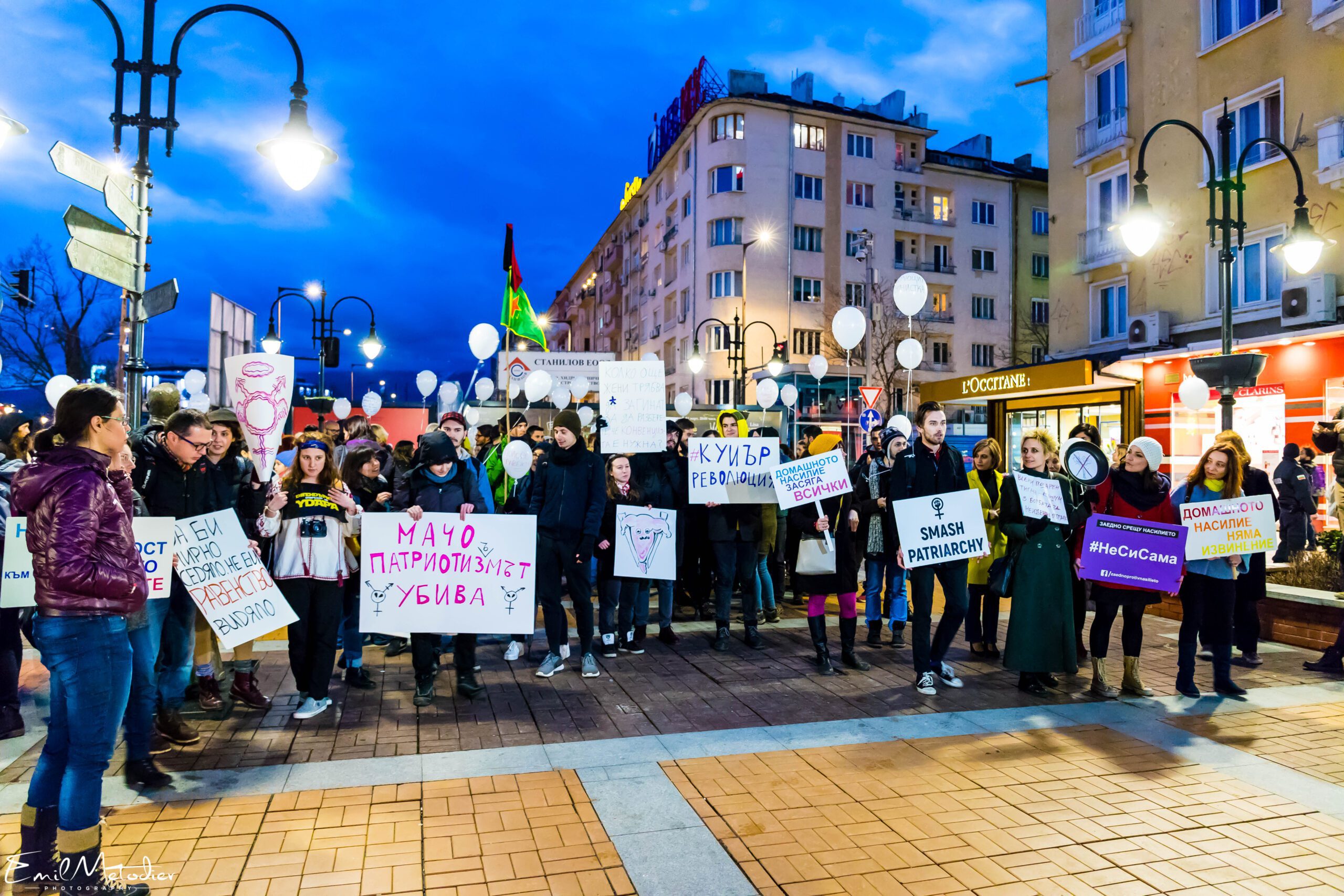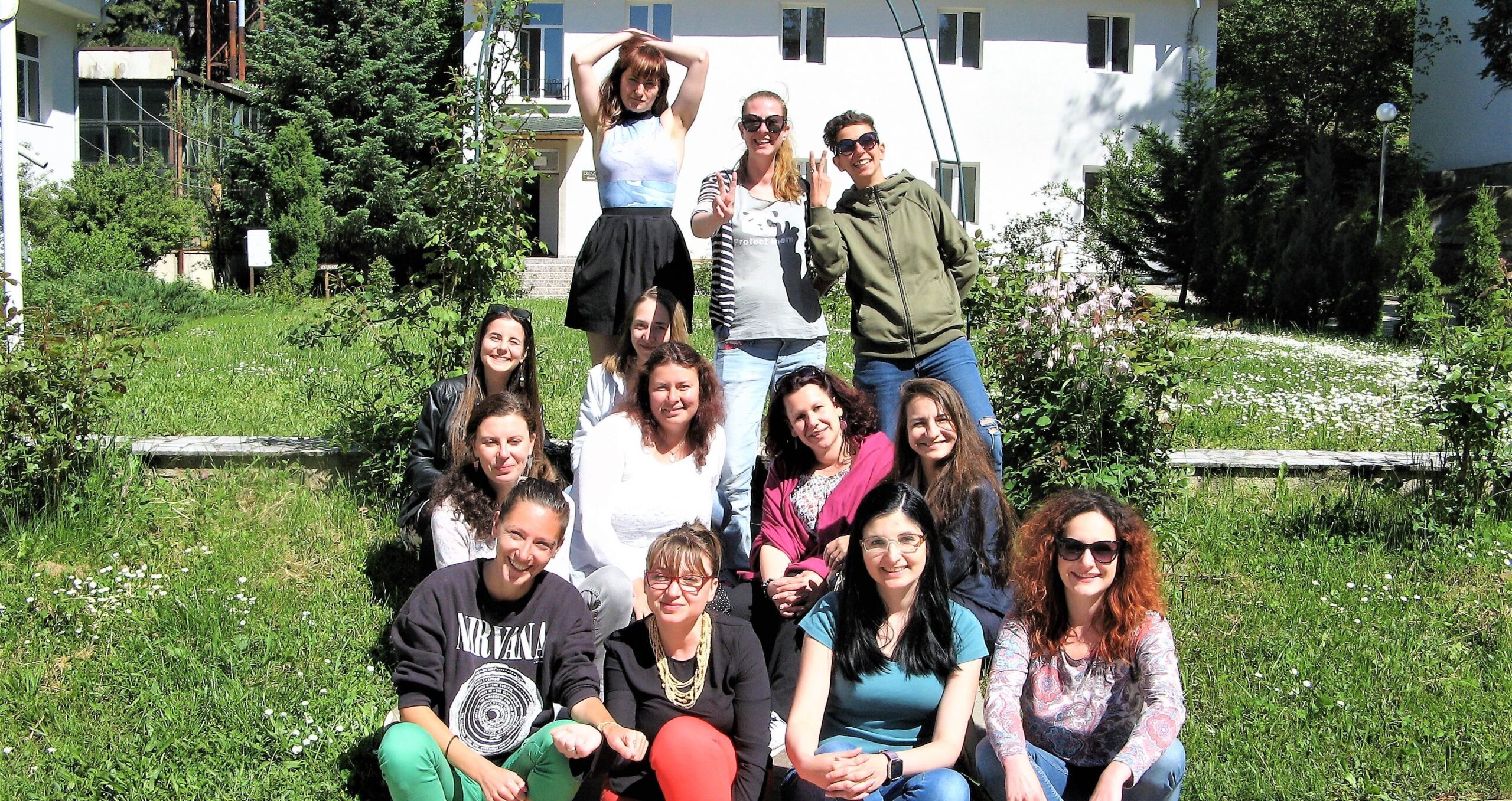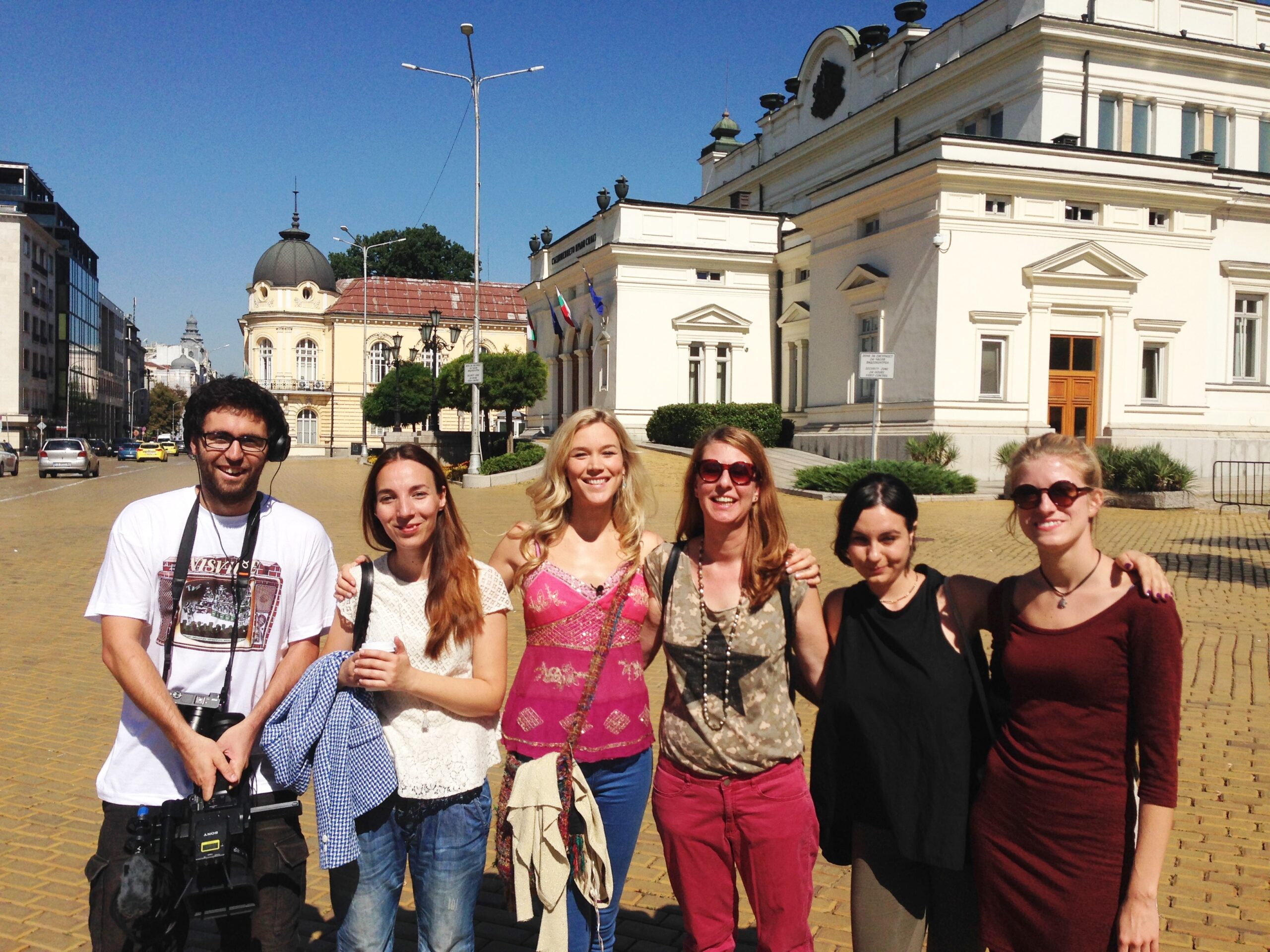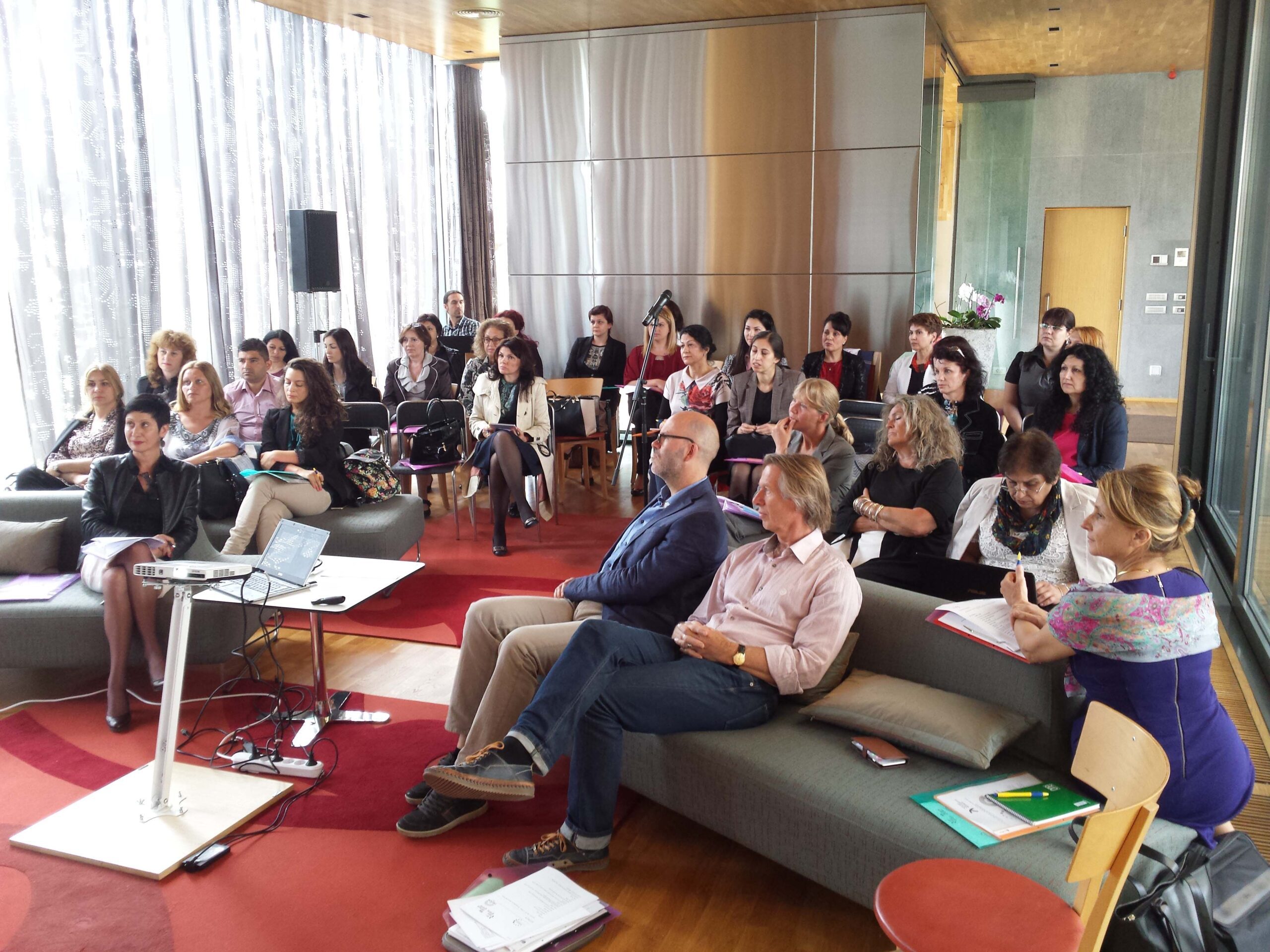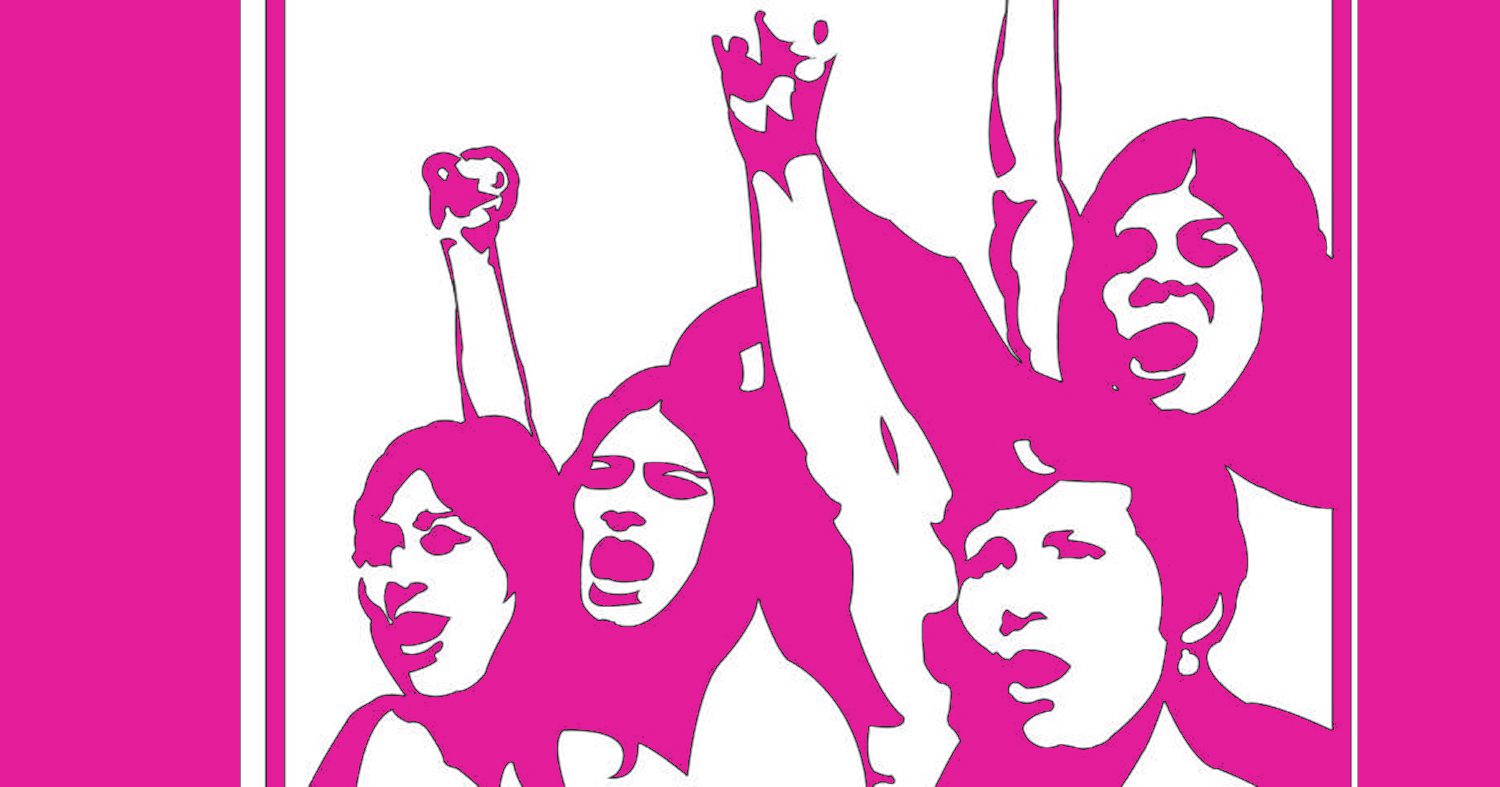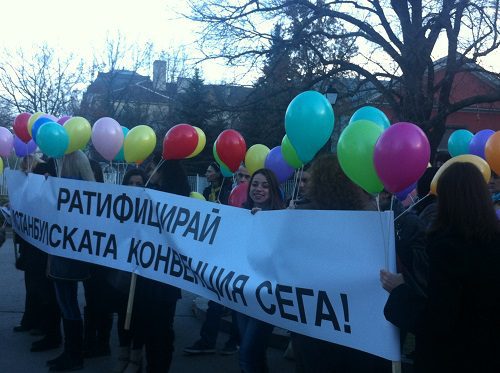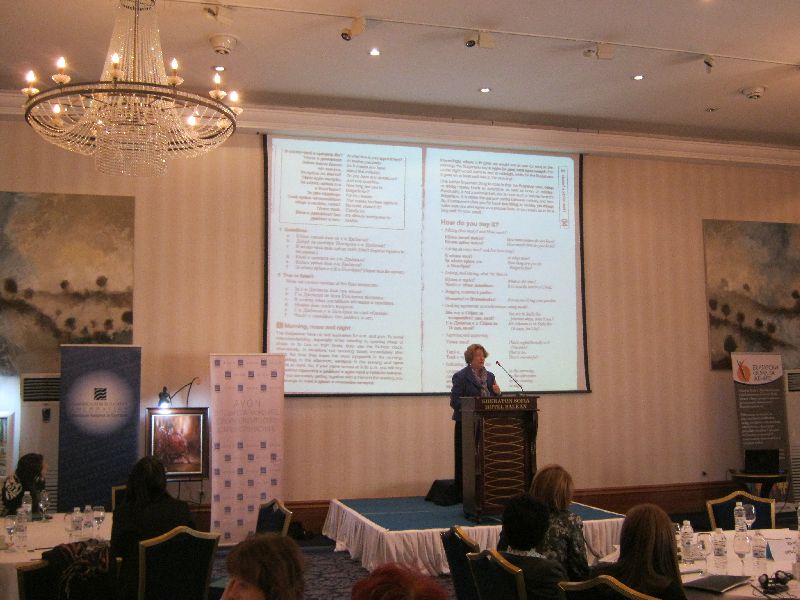Bulgaria will ratify the The Council of Europe Convention on preventing and combating violence against women and domestic violence (also known as the Istanbul Convention) until the end of the year. The country also actively supports its ratification on the side of EU member states. This was announced by Deputy Minister of Justice Desislava Ahladova during the round table discussion Prevention of Violence through Education organized by the Bulgarian Fund for Women (BFW).
The discussion marked the international UN campaign 16 Days of Activism Against Gender-Based Violence (25 November – 10 December), and was the final of a series of events under the project Increasing Youths’ Sensitivity on Domestic Violence through Capacity-Building for Prevention and Work on the Issue among Teachers, financed by the justice ministry. Ahladova defined the ratification of the convention as an “urgent measure” for counteracting against the ubiquitous violence against women. She also announced that that new projects and amendments of the citizen and penal legal systems were underway, would go under public discussions and would be submitted to the Council of Ministers and the National Assembly.
“An important measure for preventing and eliminating domestic violence, according to the Istanbul Convention, is the advancement of education on human rights and gender equality. At the BFW, we believe that this is the most sustainable long-term measure for preventing violence, both at home and in school,” Nadejda Dermendjieva, BFW director and discussion moderator said. “That is why we also created a handbook and a pilot educational program in order to help teachers introduce such content and work towards overcoming the stereotypes of the traditional roles of men and women, which are also the root of gender-based violence.” She also emphasized Eurobarometer poll results announced a few days earlier, which show that 81 per cent of Bulgarians think that the main role of the woman is the one of a mother and housewife, while man should be the breadwinner. Dermenjieva said that these stereotypes are a major impediment to the elimination of violence, because such beliefs doom women to economic dependency to their partners, while their long-term absence from the work environment limits their employability and chances to escape a possible violent relationship.
Ombudsman Maya Manolova also took part in the round table, calling for an integrated approach and participation of all institutions in solving the problem. She shared: “I worry that the ratification of the Istanbul Convention remains a formal act, much like the law on equality. It is necessary to take practical steps in protecting women and children who have suffered from violence, especially as Sofia, with its two million residents, has only two crisis centers which offer some form of alternative accommodation [to victims].” She also said she supported the introduction of citizen education which would introduce children to the idea of tolerance, include topics aimed at increasing the health and sexual education of the youth, as well as lessons in cyber security which would counter the increasing amount of online sexual violence and harassment.
Another key institution involved in combatting gender-based violence, the Ministry of Education and Science, was represented by Tatyana Predova, state expert in the Inclusive Education Directorate. Predova agreed that it was necessary that schools ensure the psychological comfort of children who have witnessed or have become victims of violence at home, but also stressed the role of the social services and other institutions such as the internal ministry. She summarized part of the policies and ongoing projects of the
education ministry on issues such as educating parents in positive discipline – a technique that helps them avoid punishing aggressive behavior in order to first understand the emotional state of the child. Other initiatives include the planned increase in the number of pedagogical counsels, investing in the Your Hour program and sports infrastructure, among others.
Svetlana Mihaylova, teacher and trainer of teachers in cloud technologies and gender issues, elaborated the point of view of pedagogics and those who face aggressive behavior in school every day. She pointed out that although aggression is part of the human nature and cannot be completely eliminated, it can also be “socialized” – and that indeed was the role of the school. Mihaylova said that the so-called “gender education” was a possible way for a child to understand its own self, to get to know those who are different, and to learn how to solve conflicts in a non-violent manner. She also noted that the issues surrounding gender equality could be included in every school subject in a way tailored to the specific needs of the respective class of students. As an example, she pointed out the history of women, whose accomplishments and contributions have often remained absent from the official reading of history, but could be included in physics, chemistry and math curricula.
The challenges and results of the completed teachers’ trainings in the regions of Sofia, Pleven and Stara Zagora were elaborated on by Stanimira Hadjimitova, gender expert and director of the Gender Project for Bulgaria Foundation. She said that about 80 teachers took part in the BFW trainings on increasing the sensitivity on issues such as gender inequality and gender-based violence. These same teachers were currently working towards including these topics in their lessons. “Currently, in Bulgaria there is no subject or curriculum aimed at introducing students from different ages to the topic of domestic violence,” Hadjimitova noted. “With this project, BFW put on the agenda the task to fill this gap and to suggest an adapted instrument.” She added that within the project, a specialized Pilot School Program “Domestic Violence: the Role of the School and Teachers in its Prevention and Combating,” as well as a Teacher’s Handbook for Preventing and Working on Domestic Violence, were developed and distributed across schools whose teachers took part in the training.
